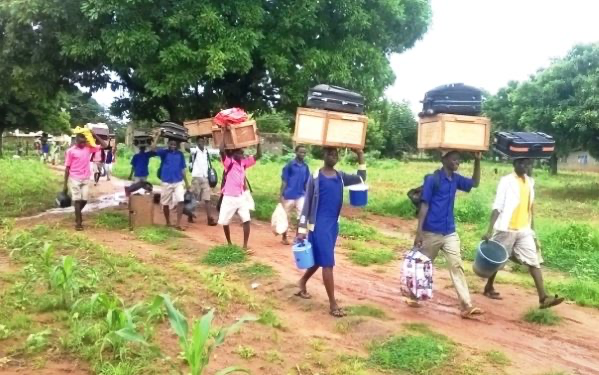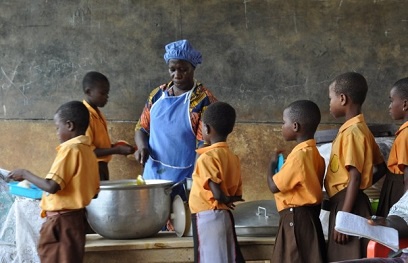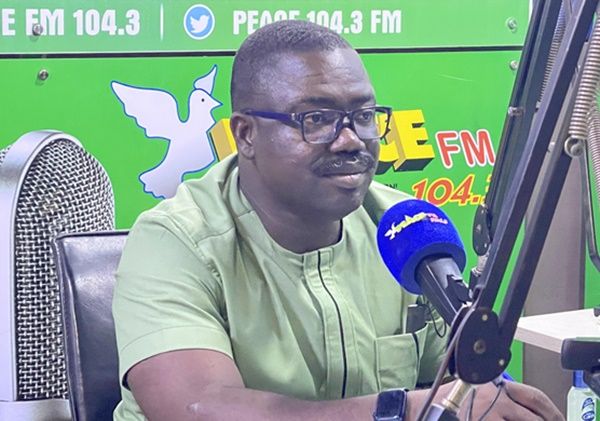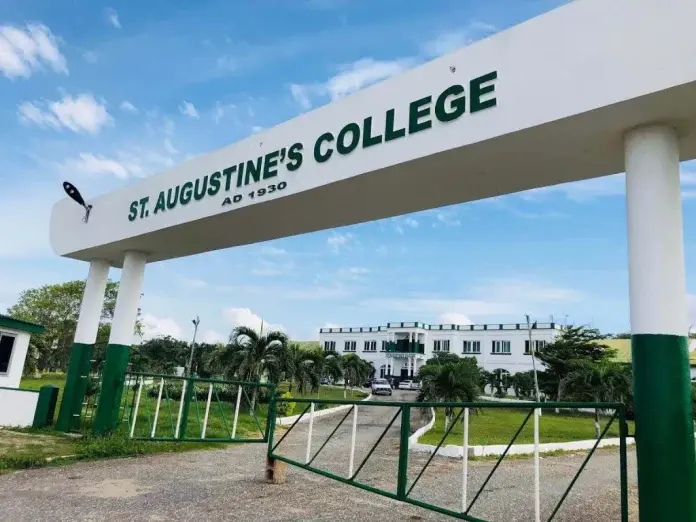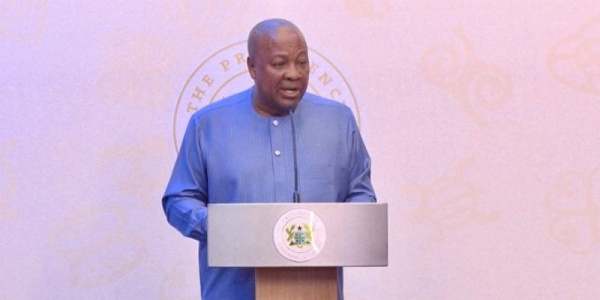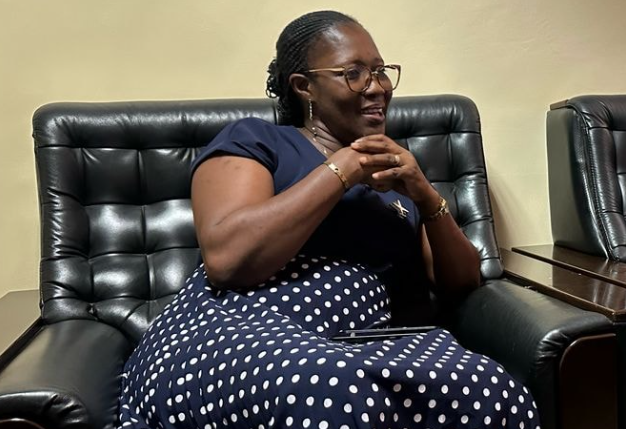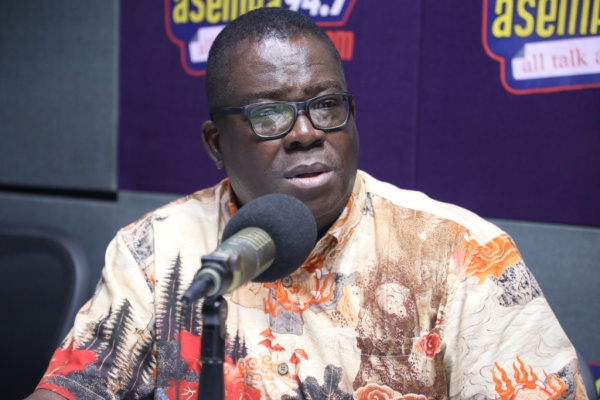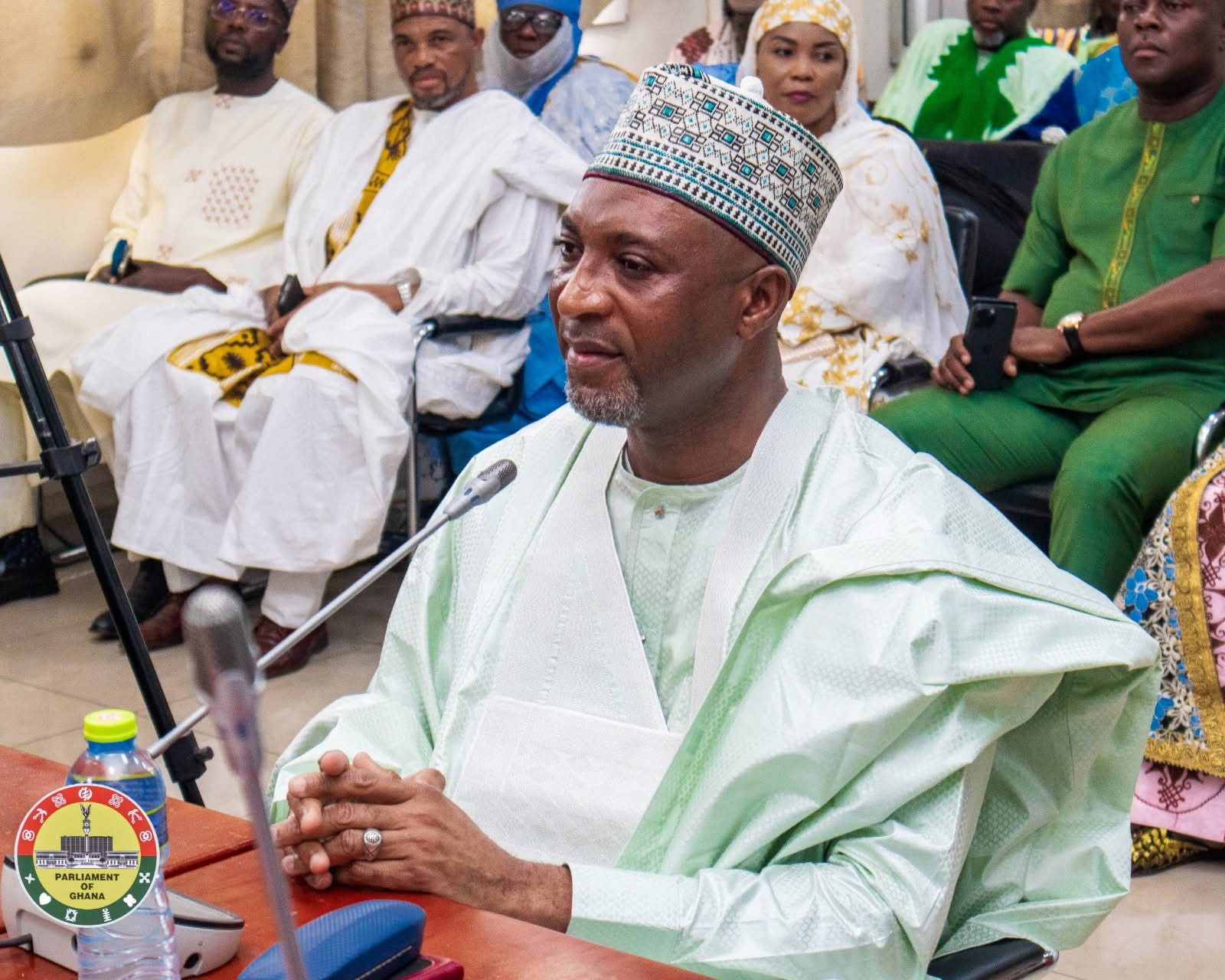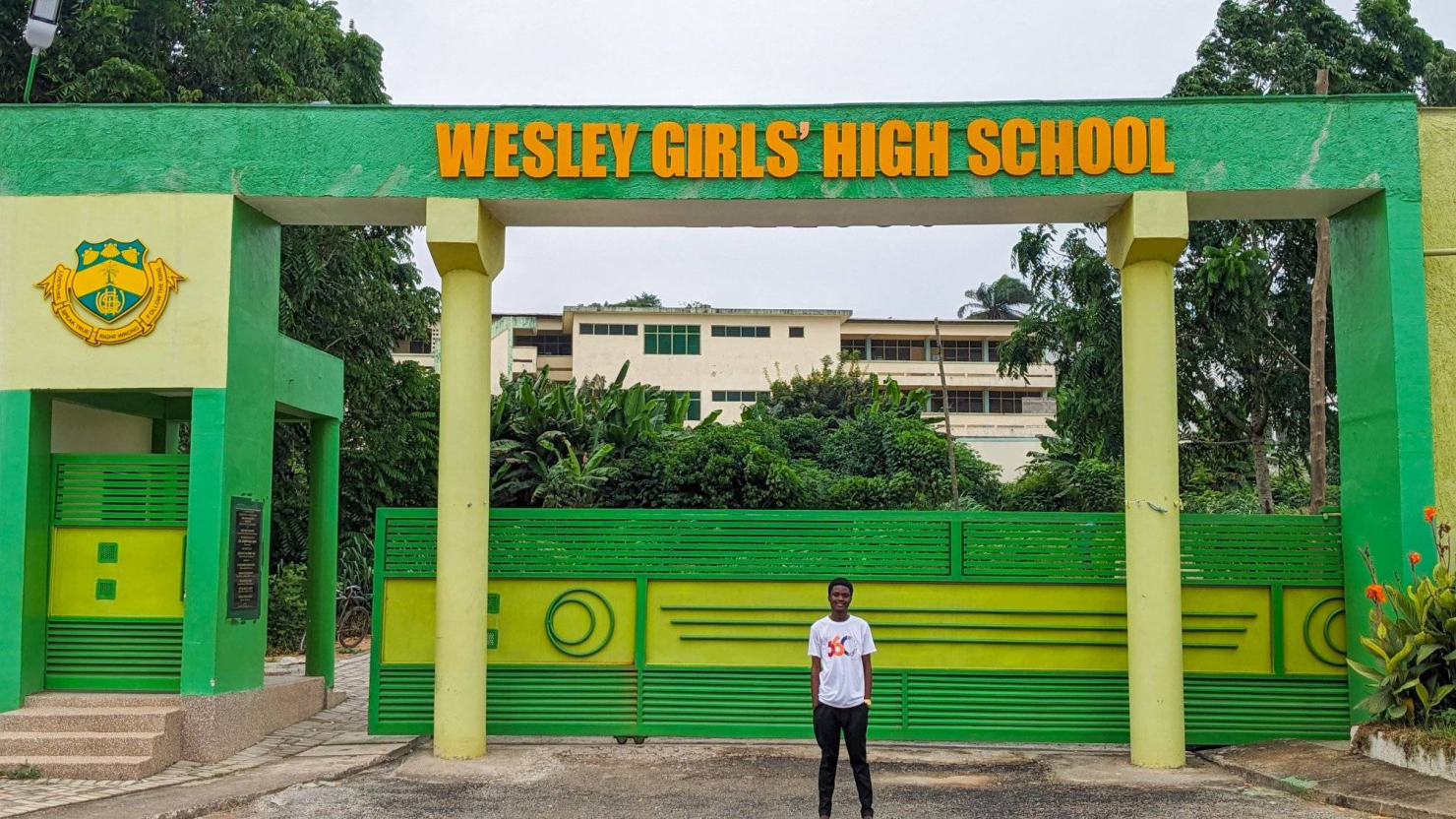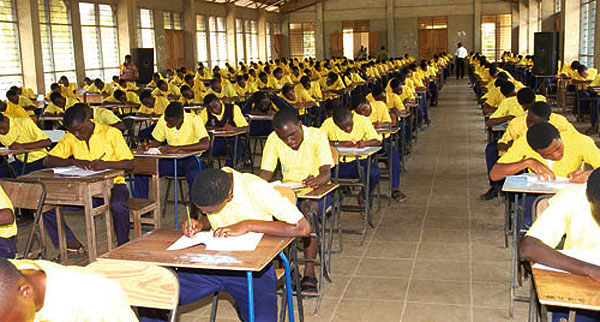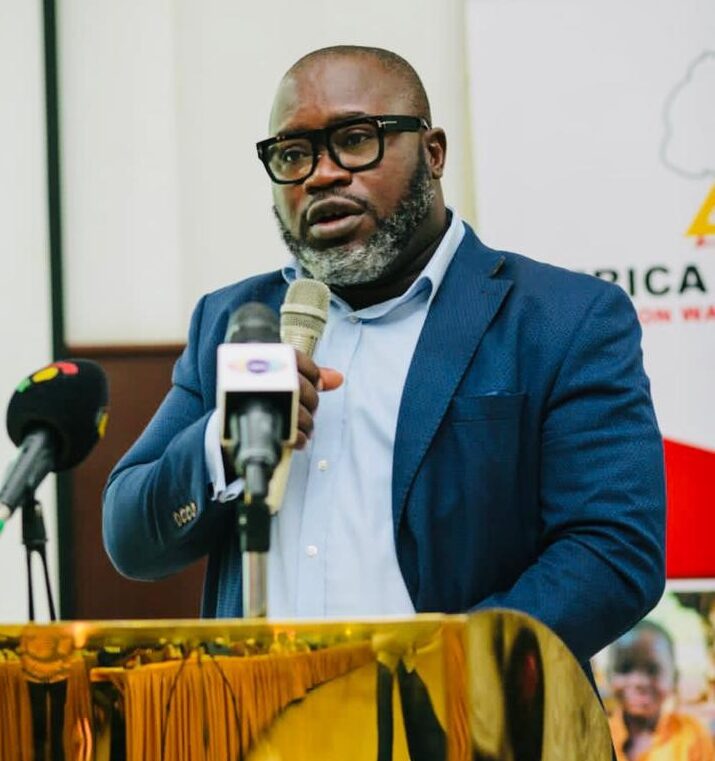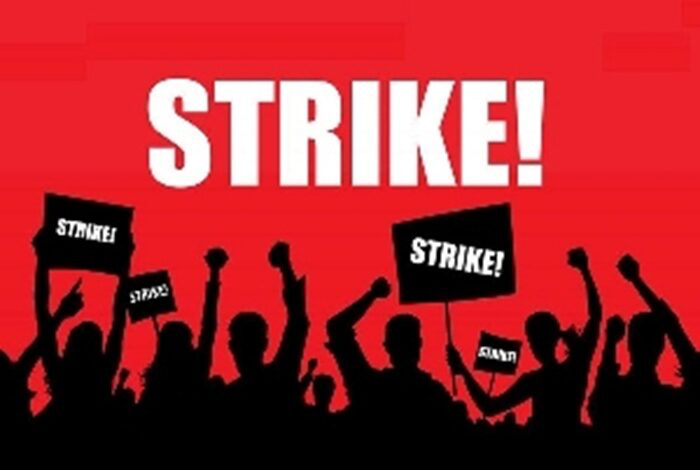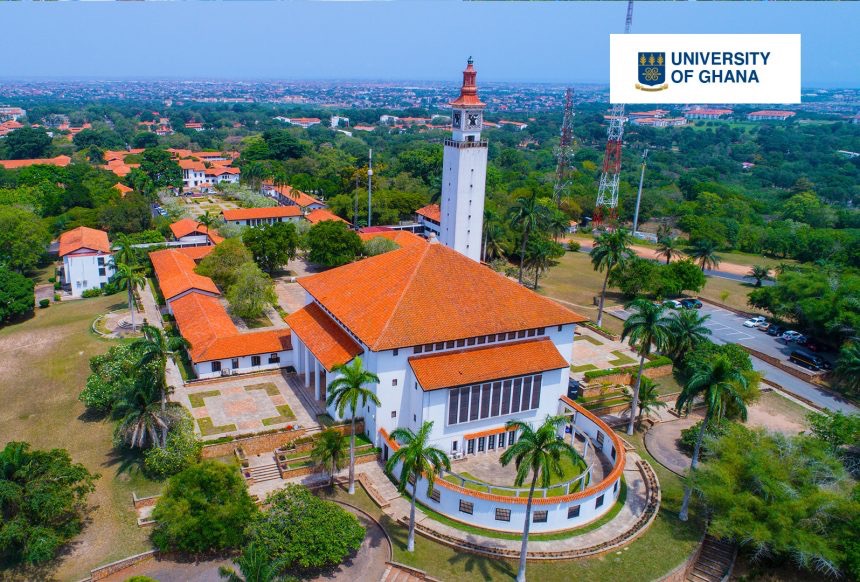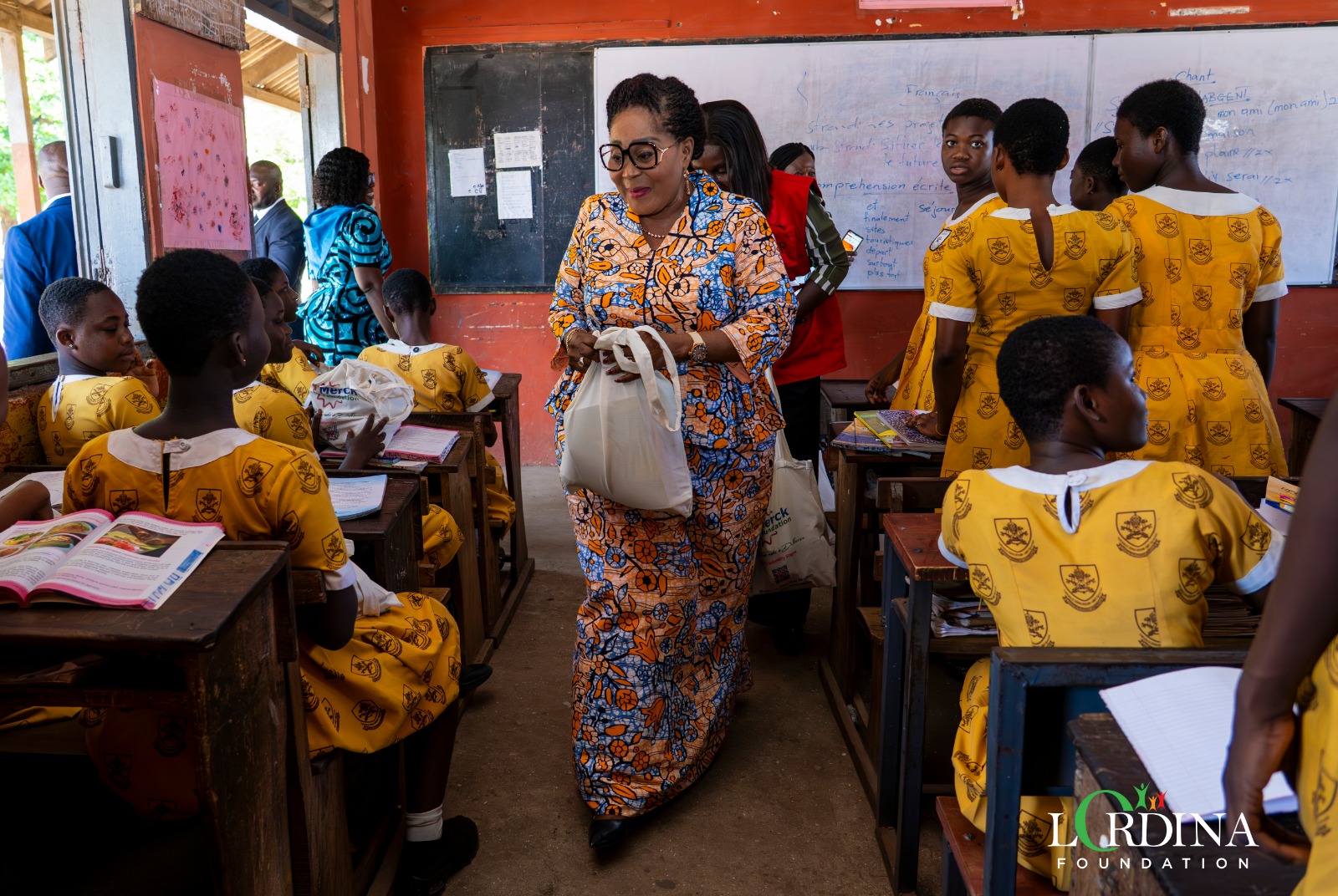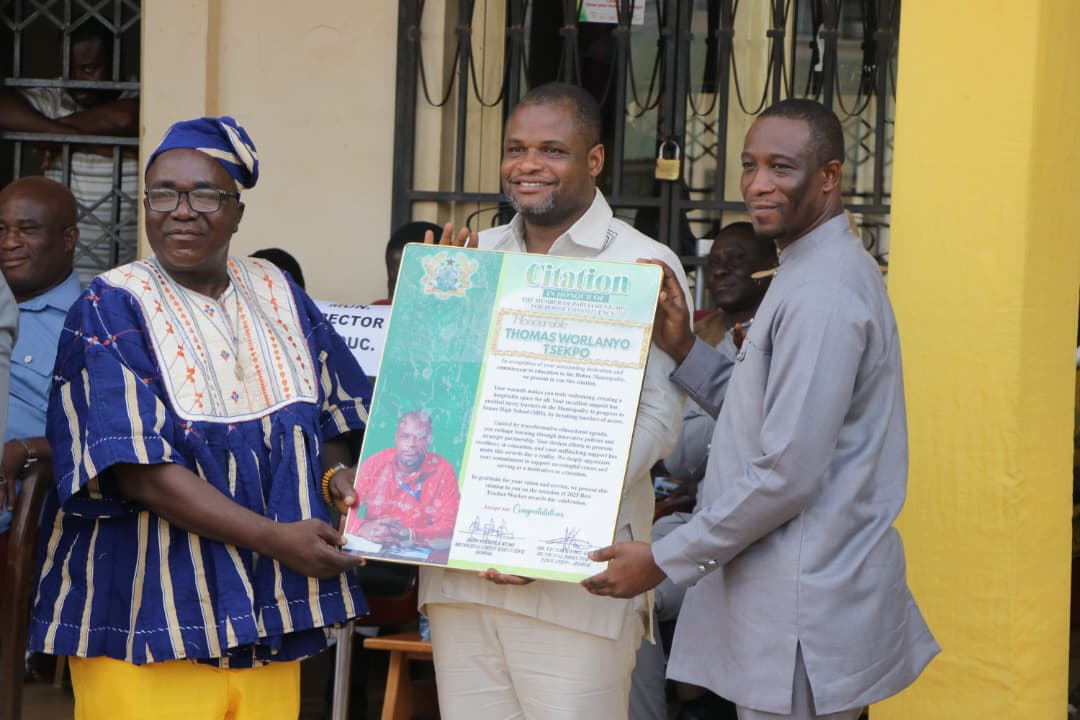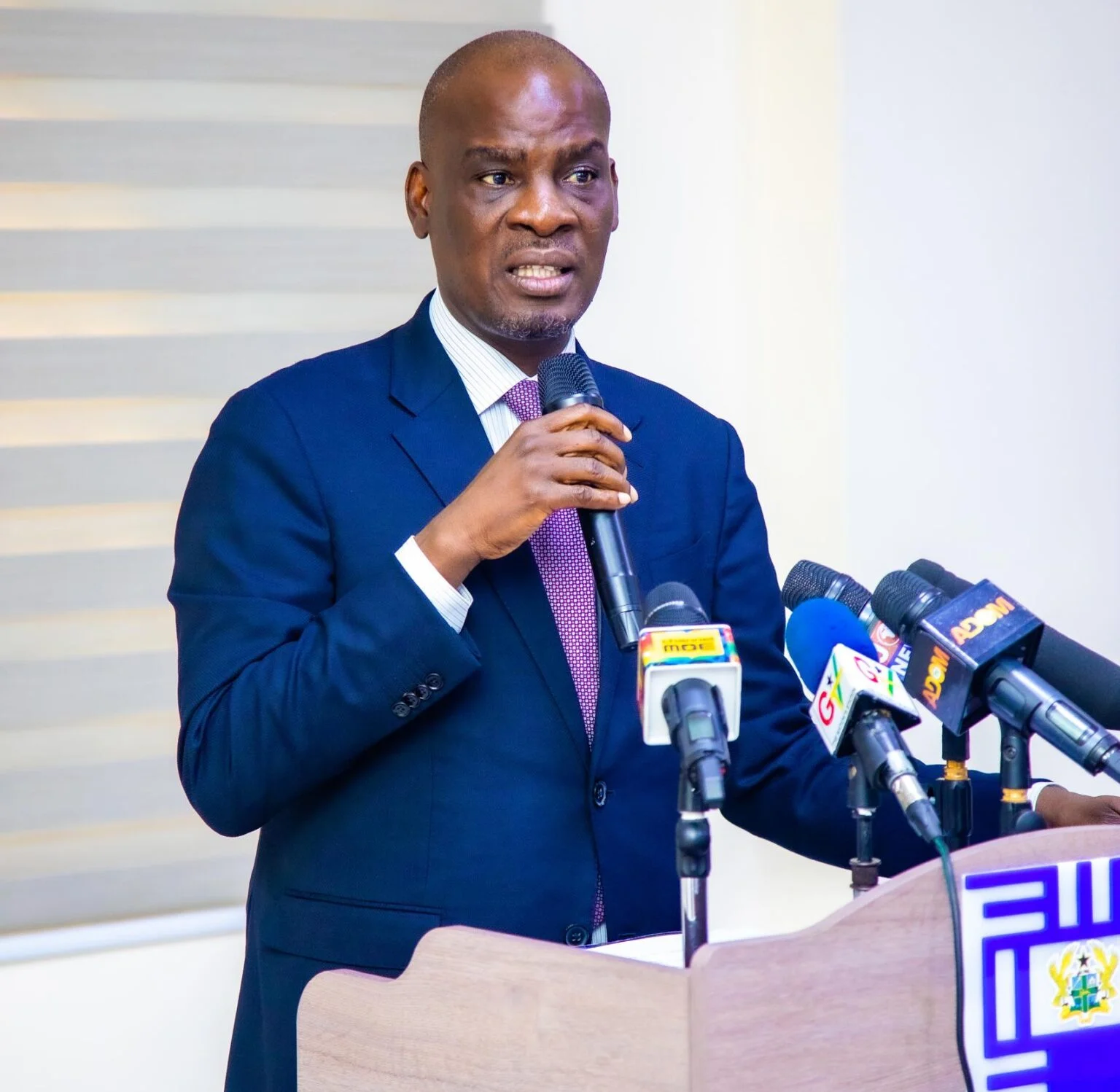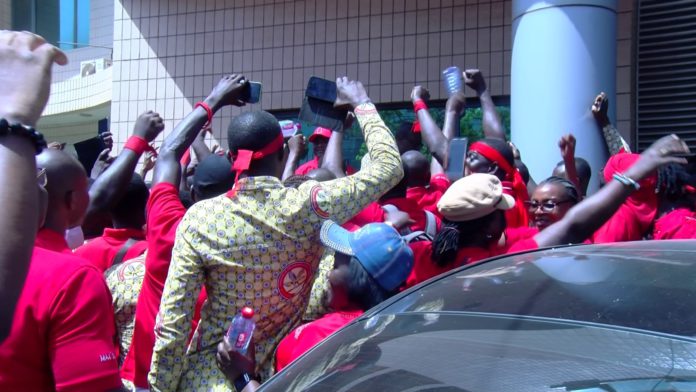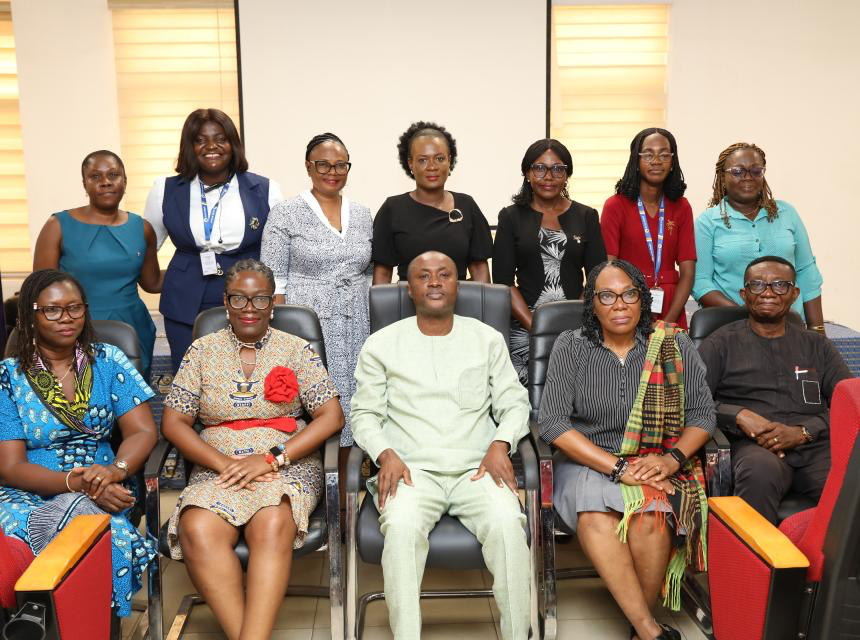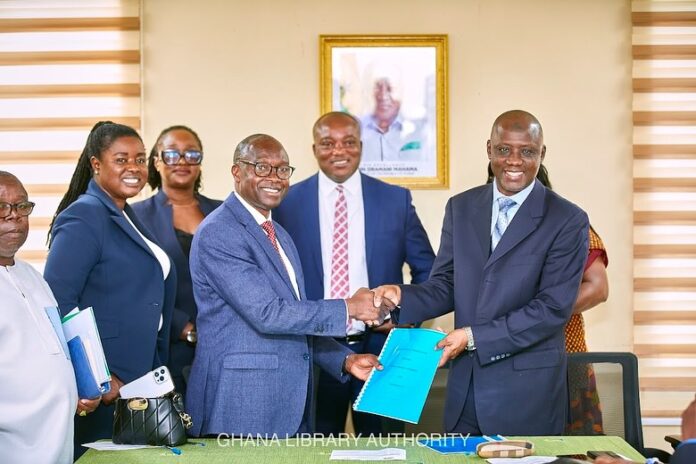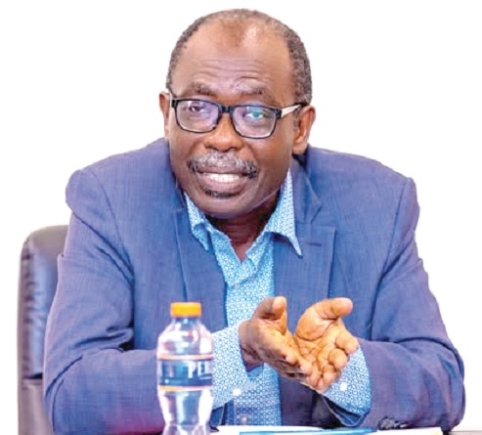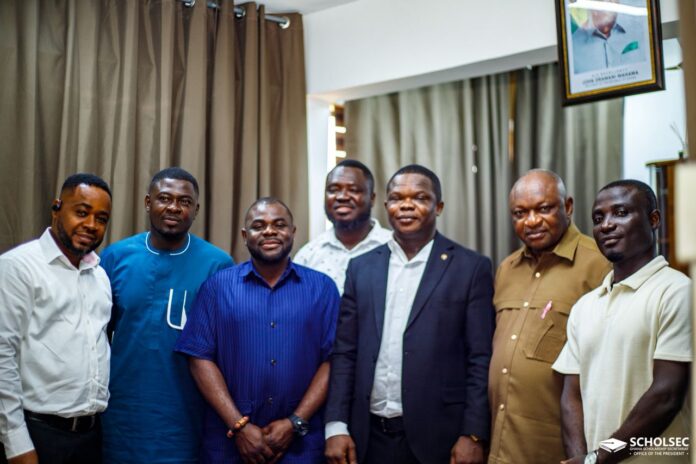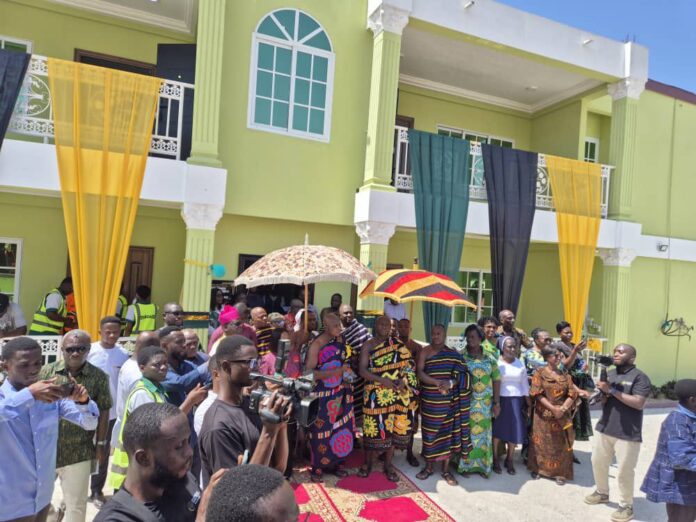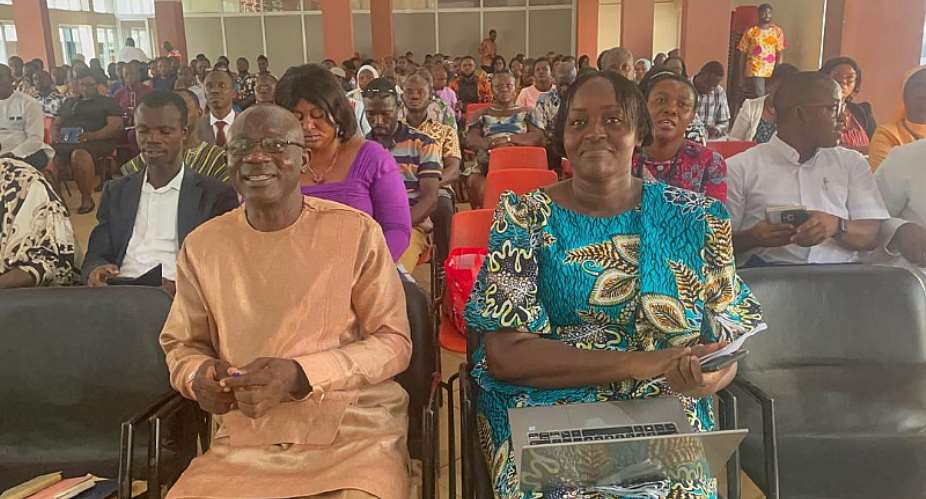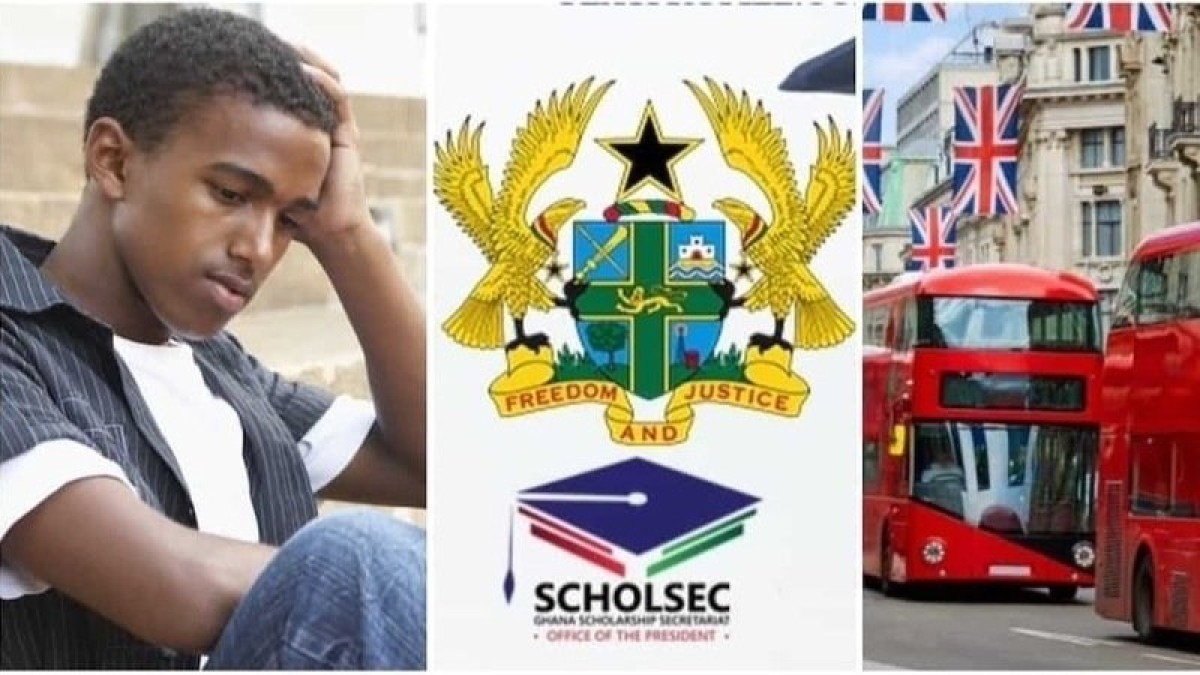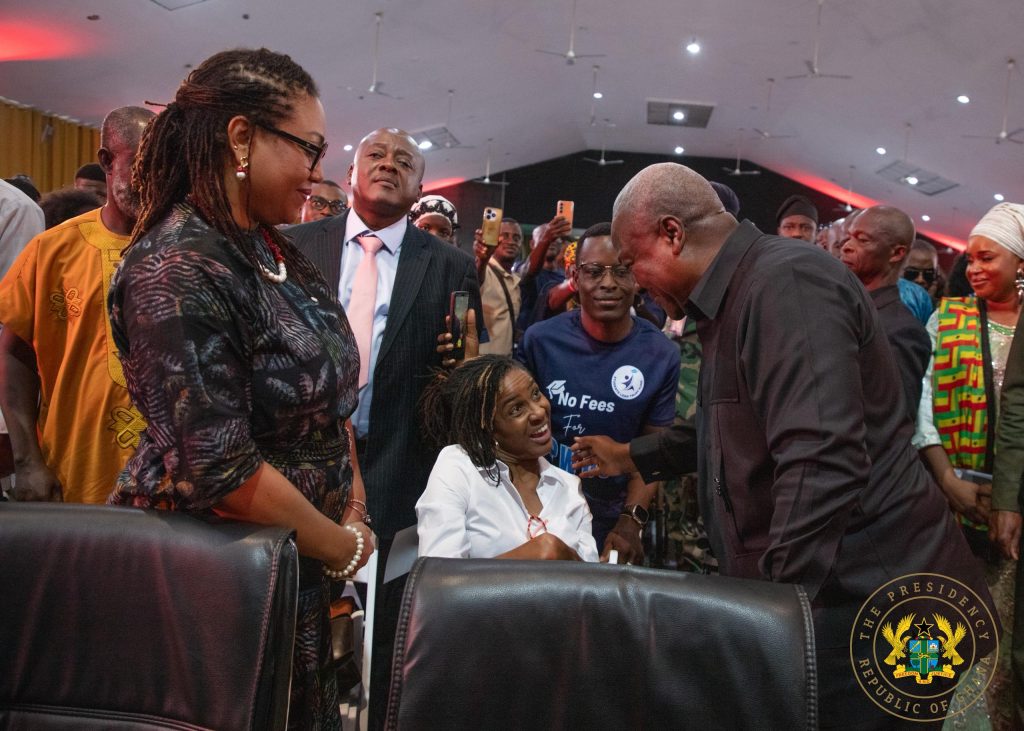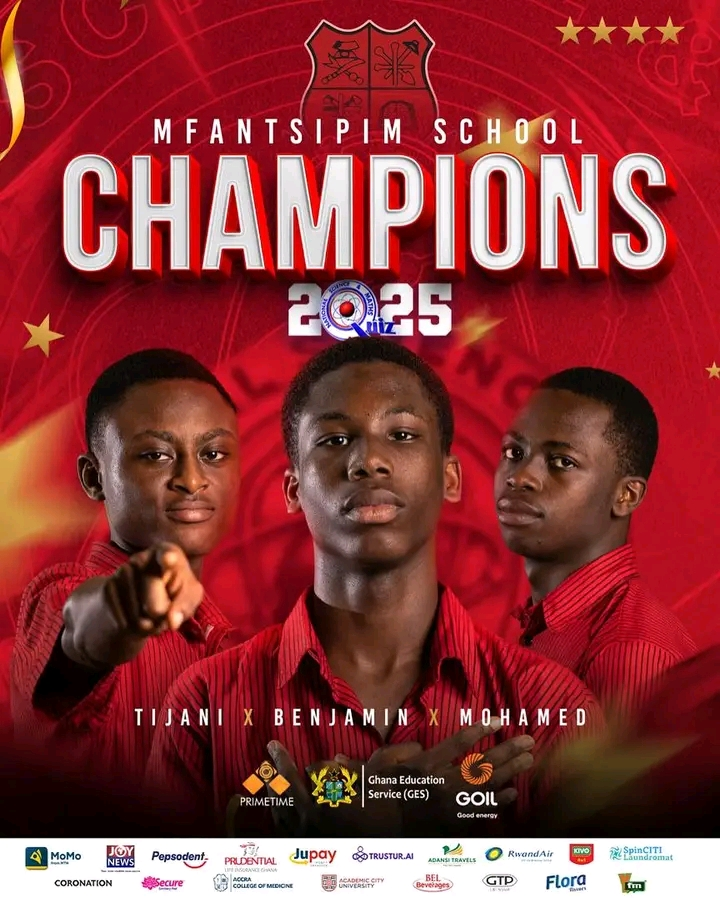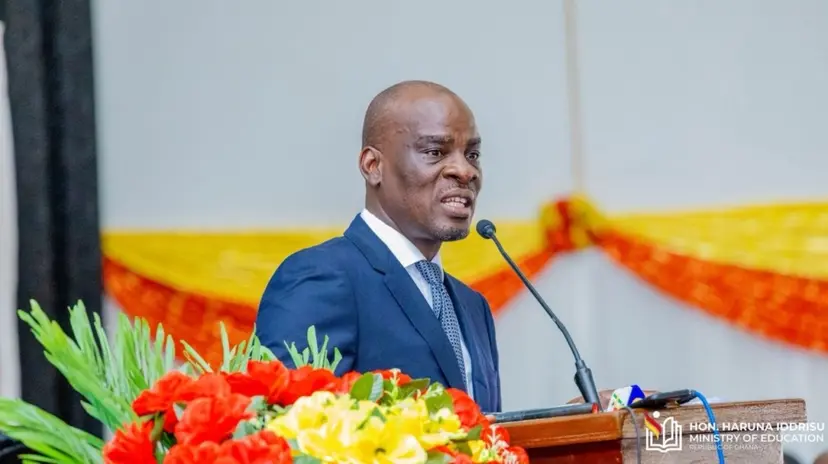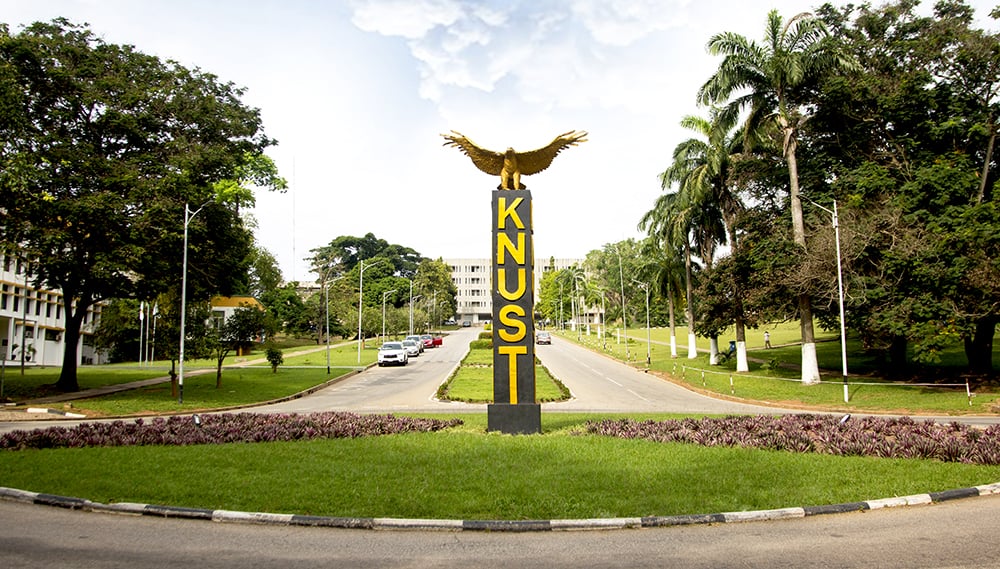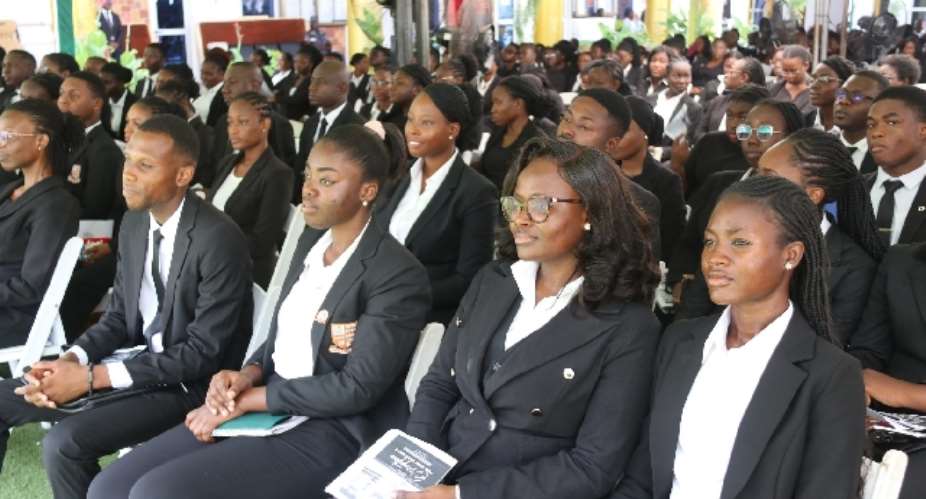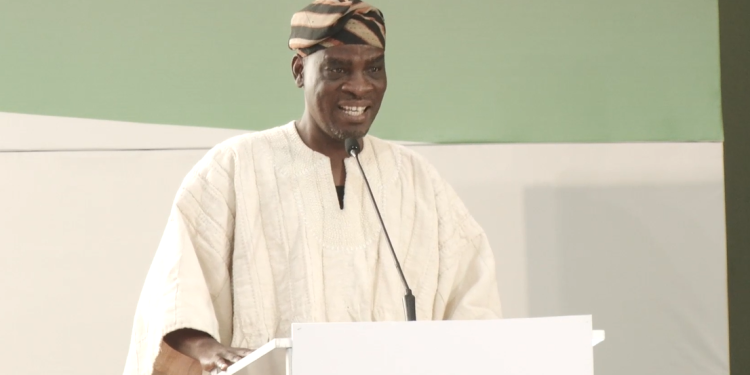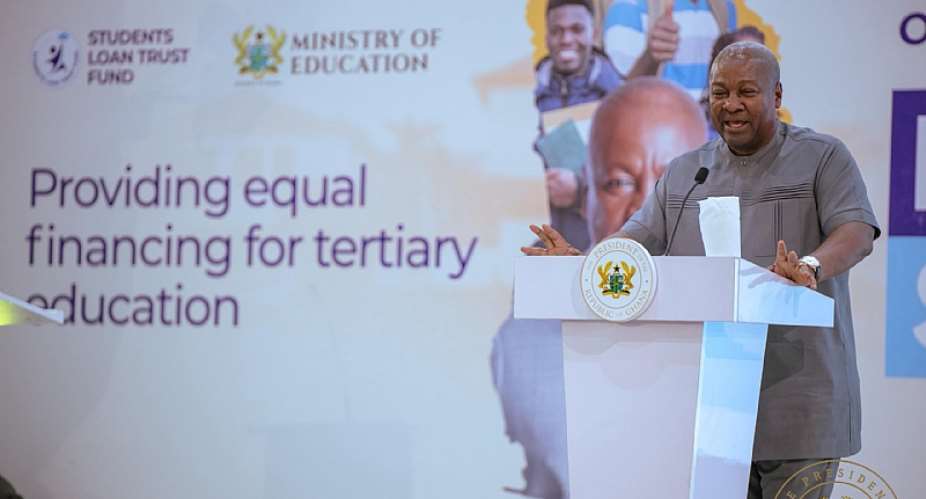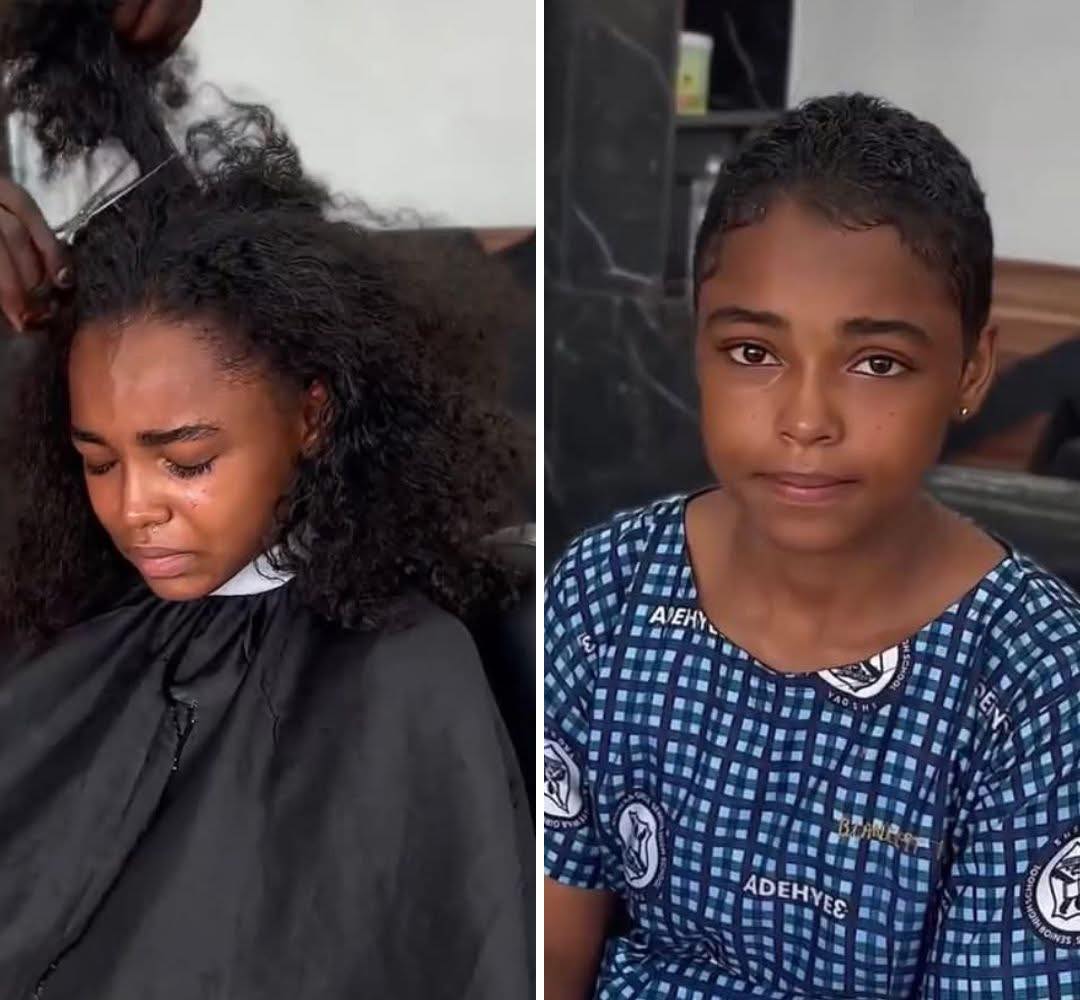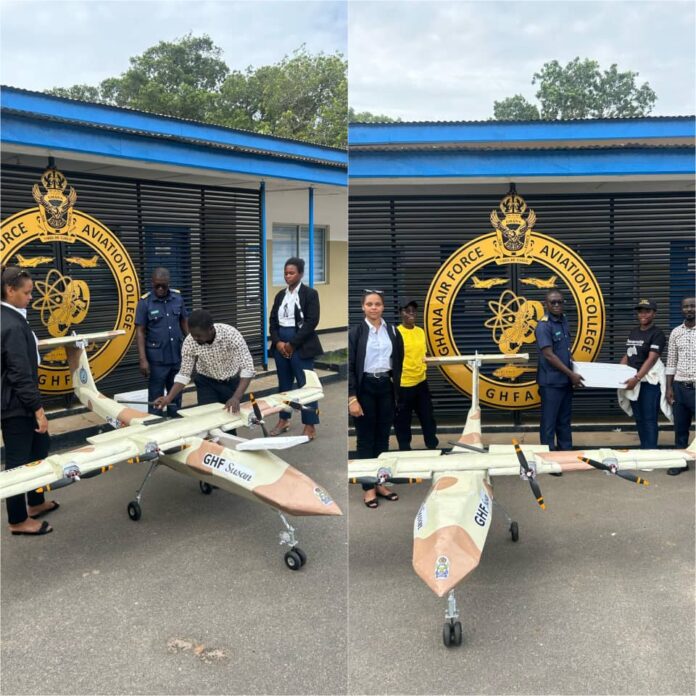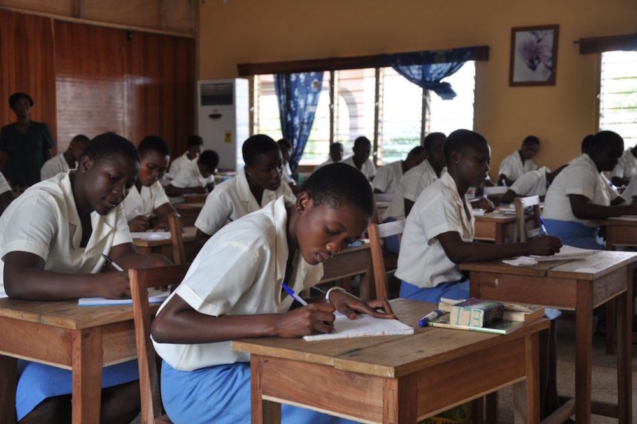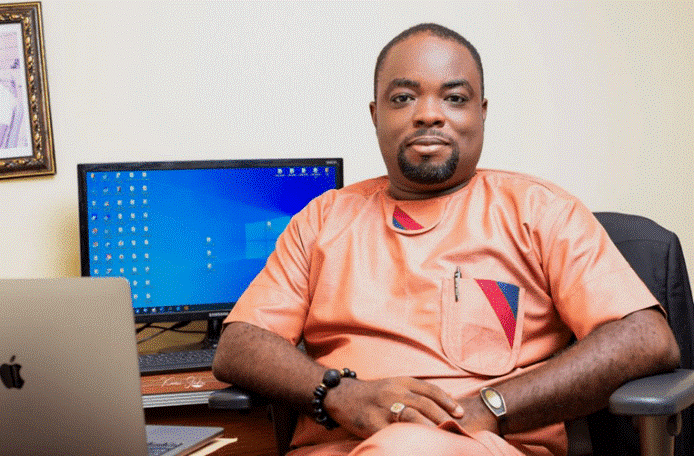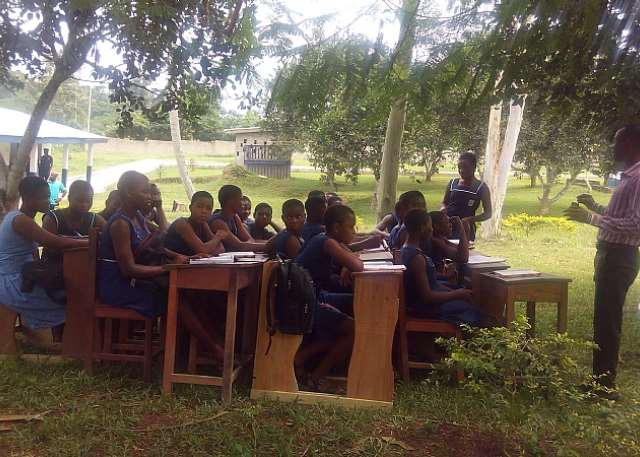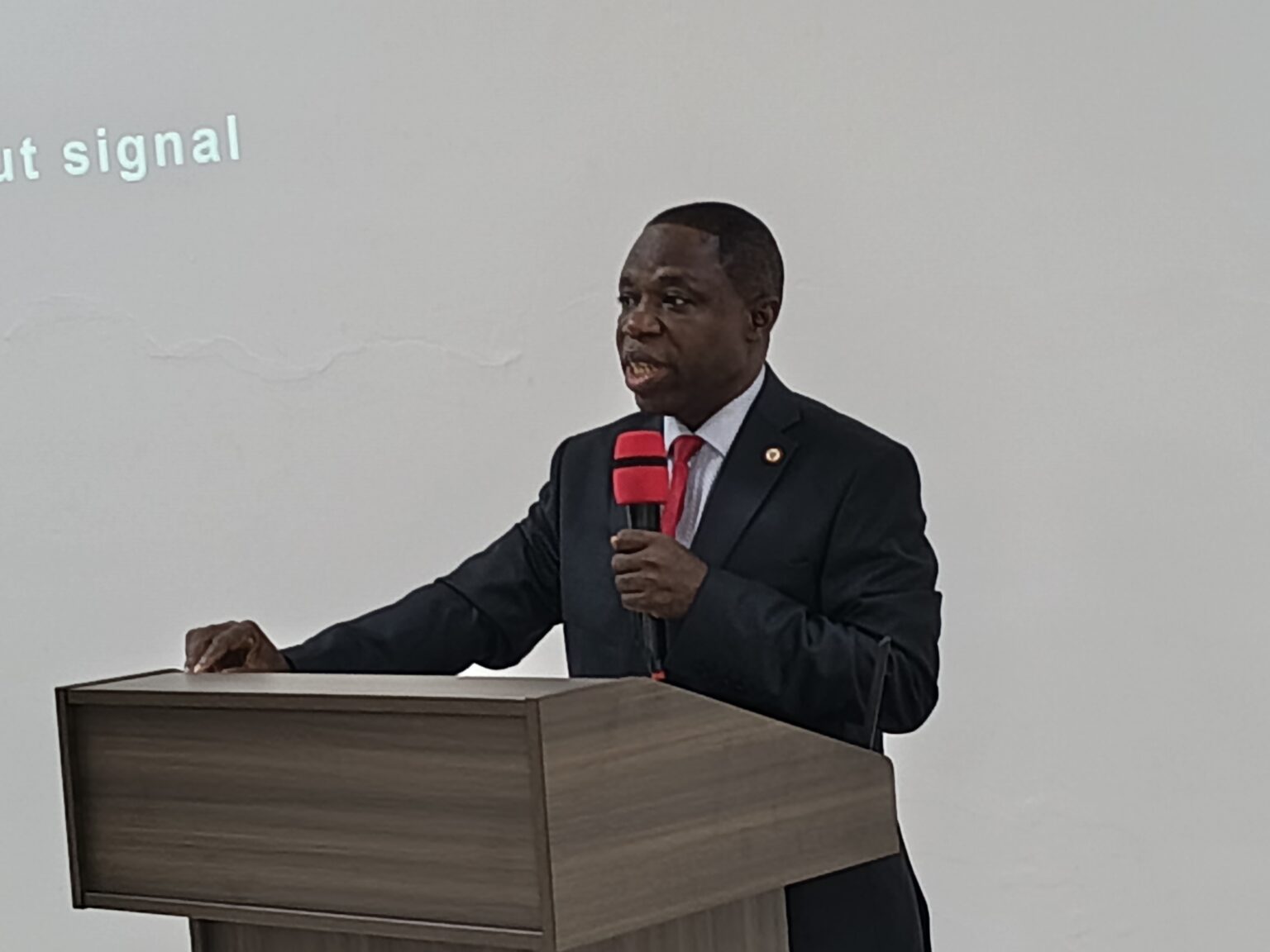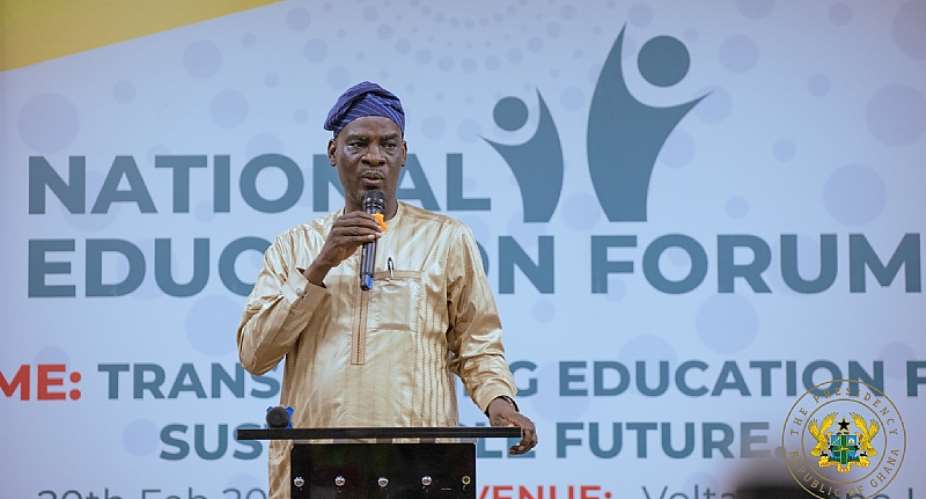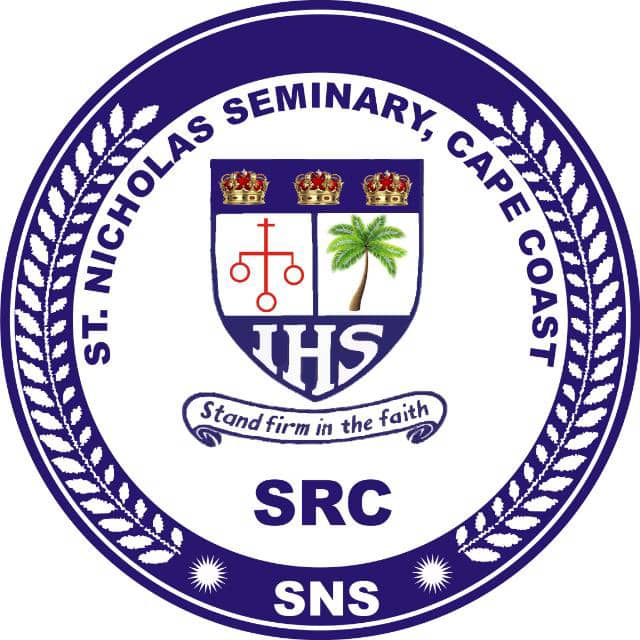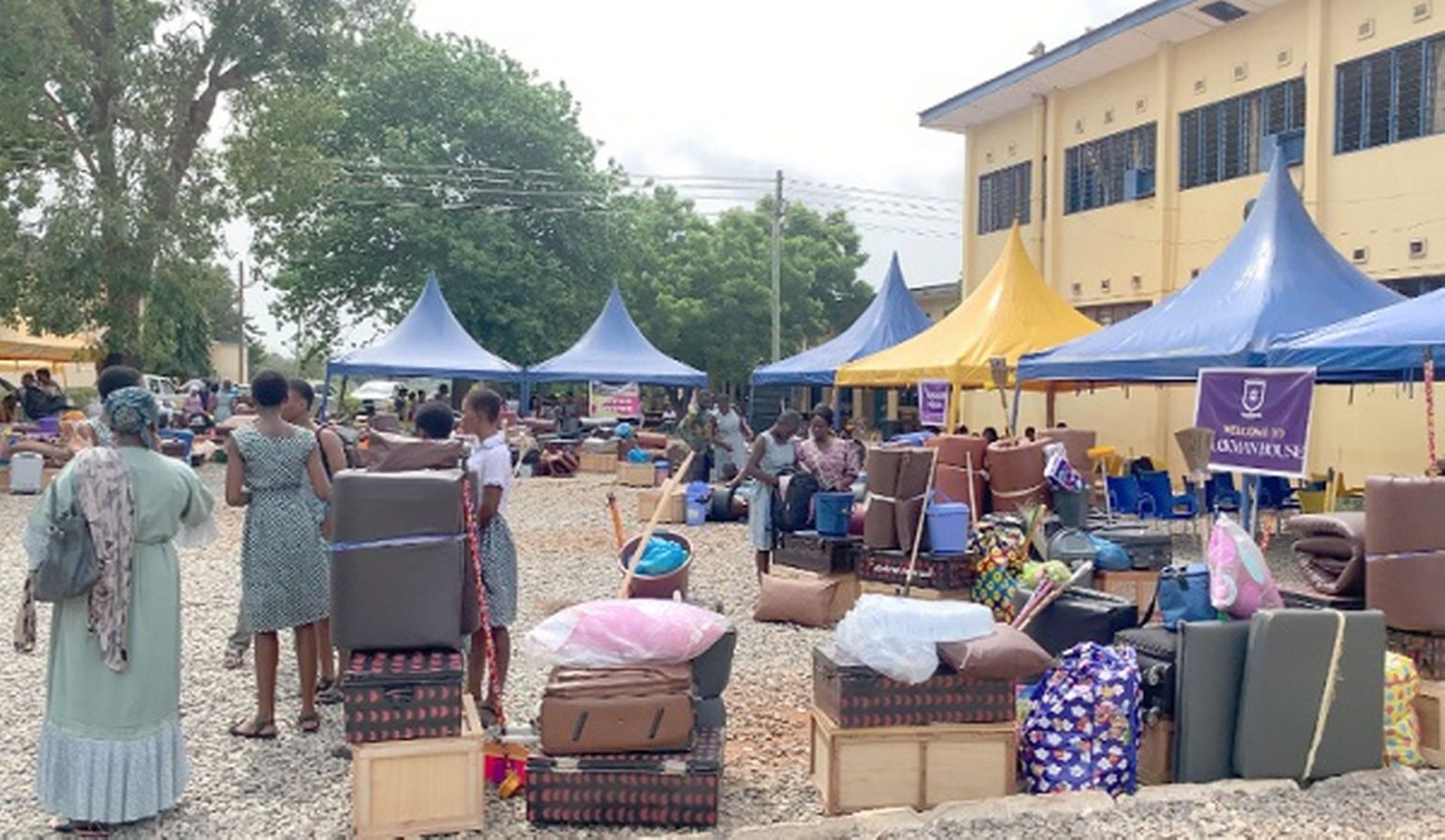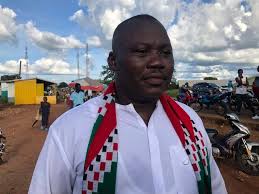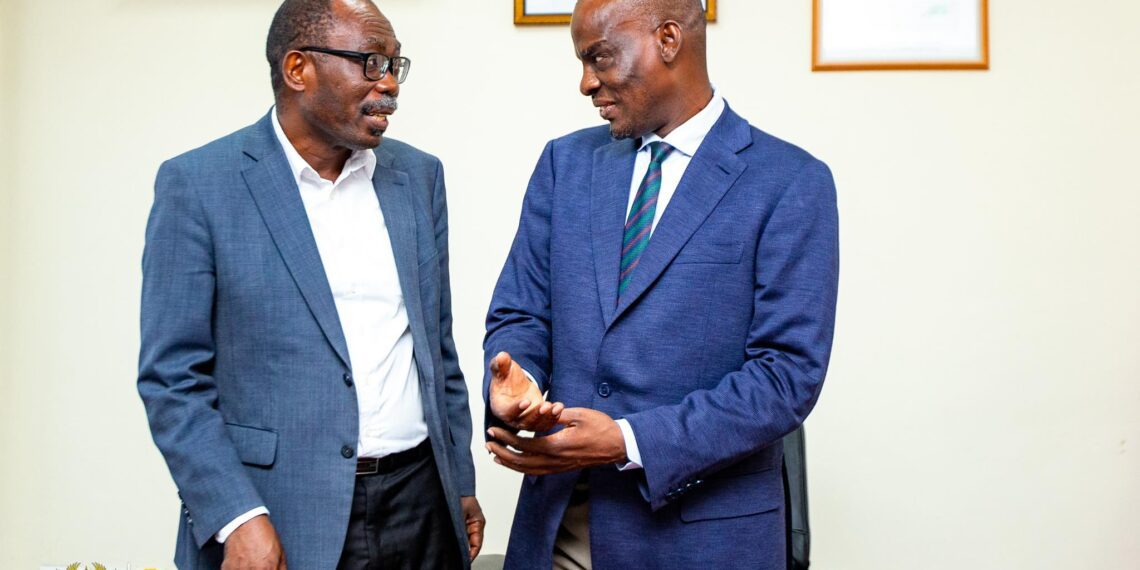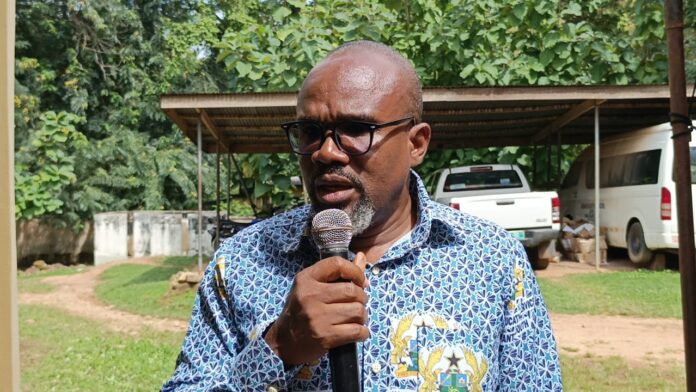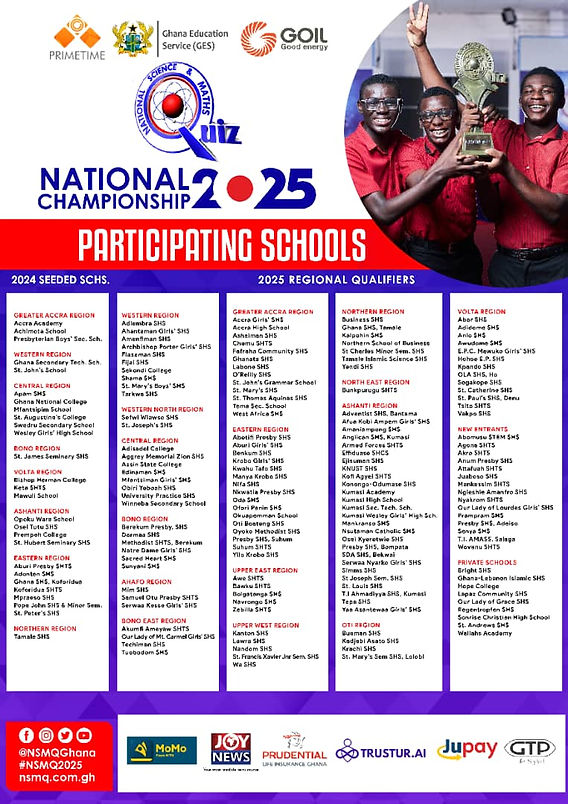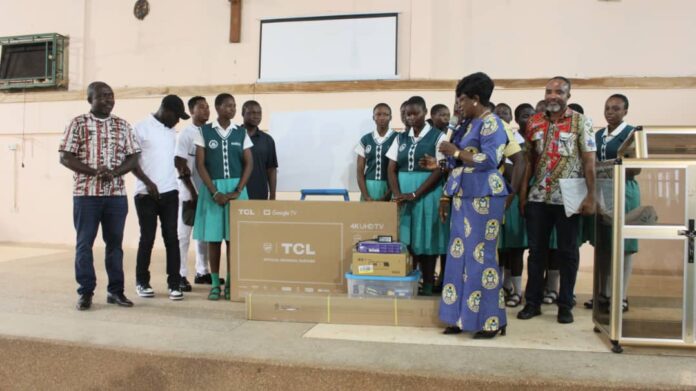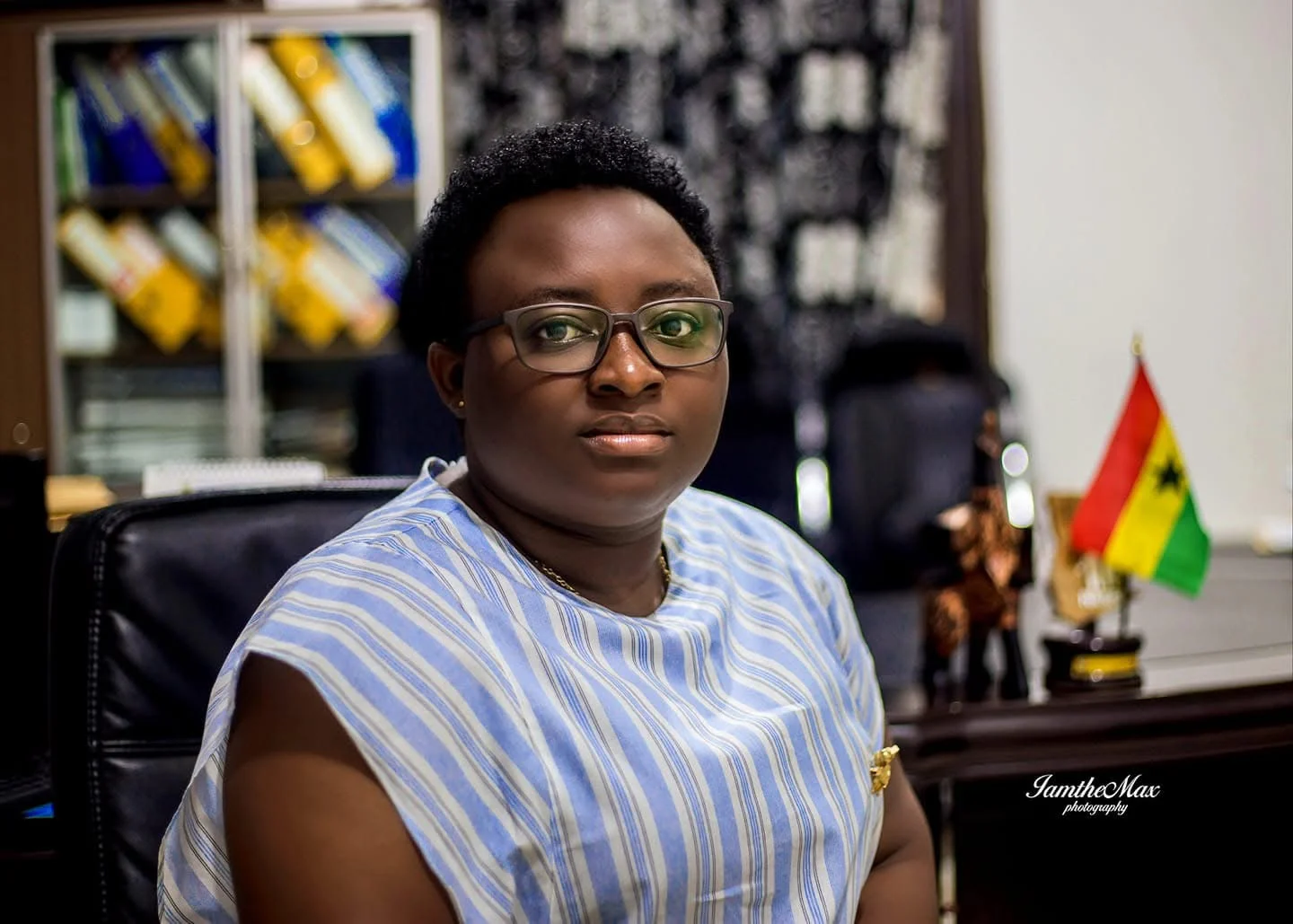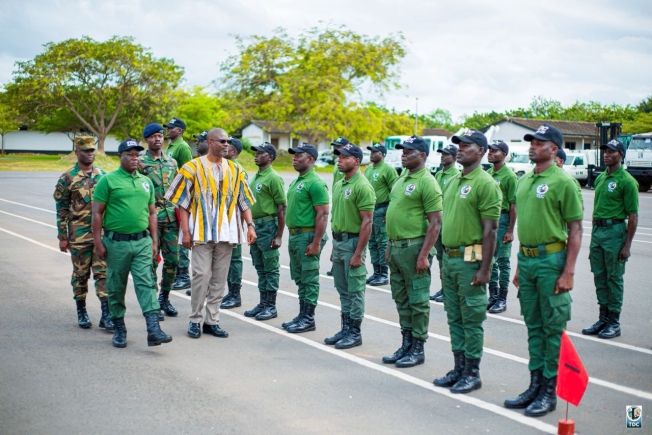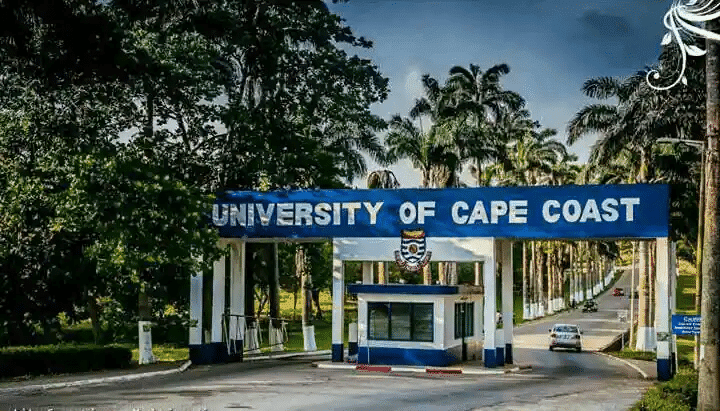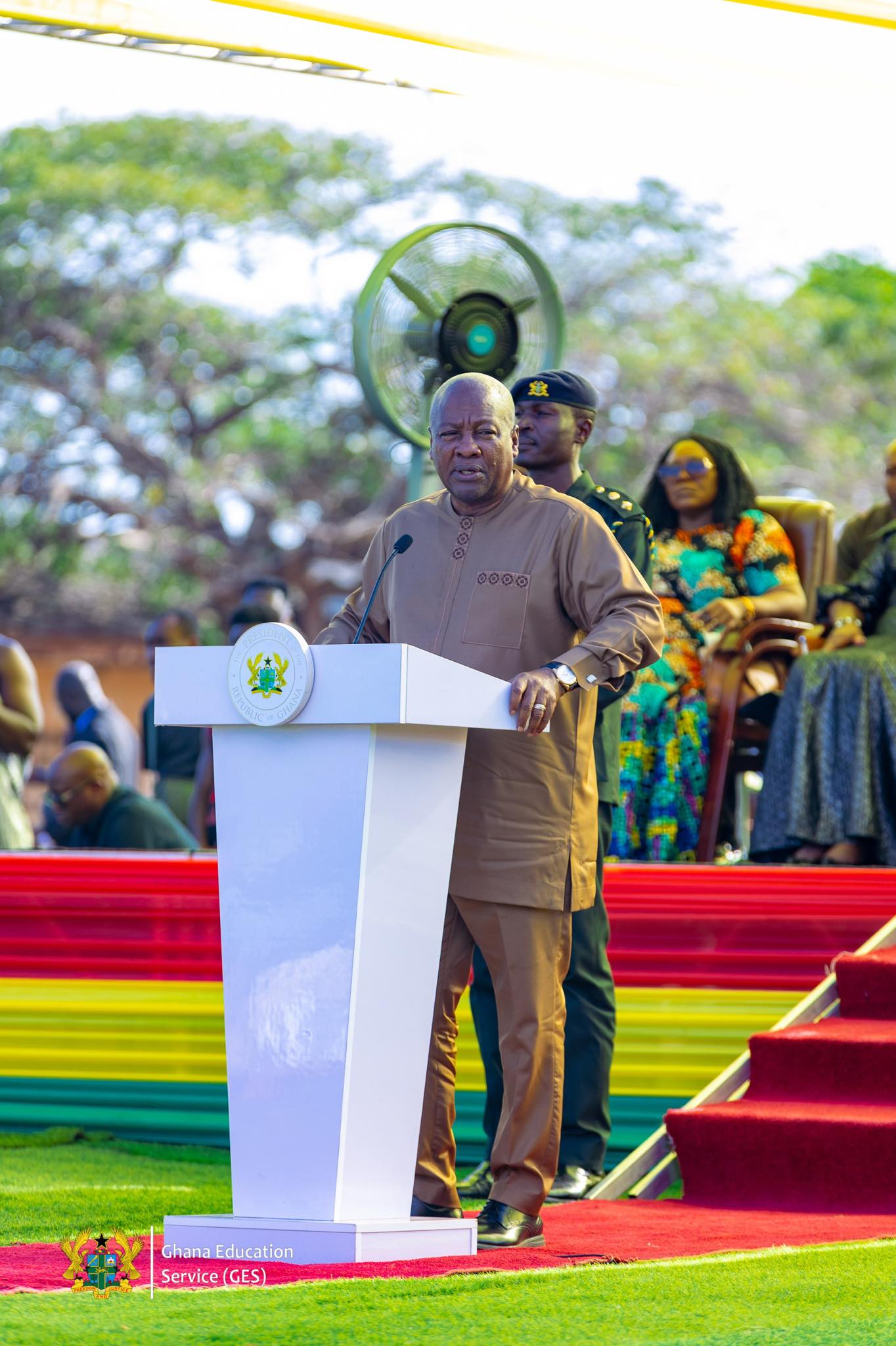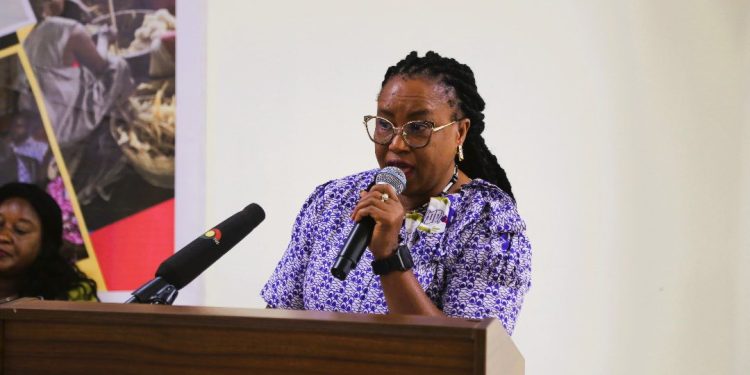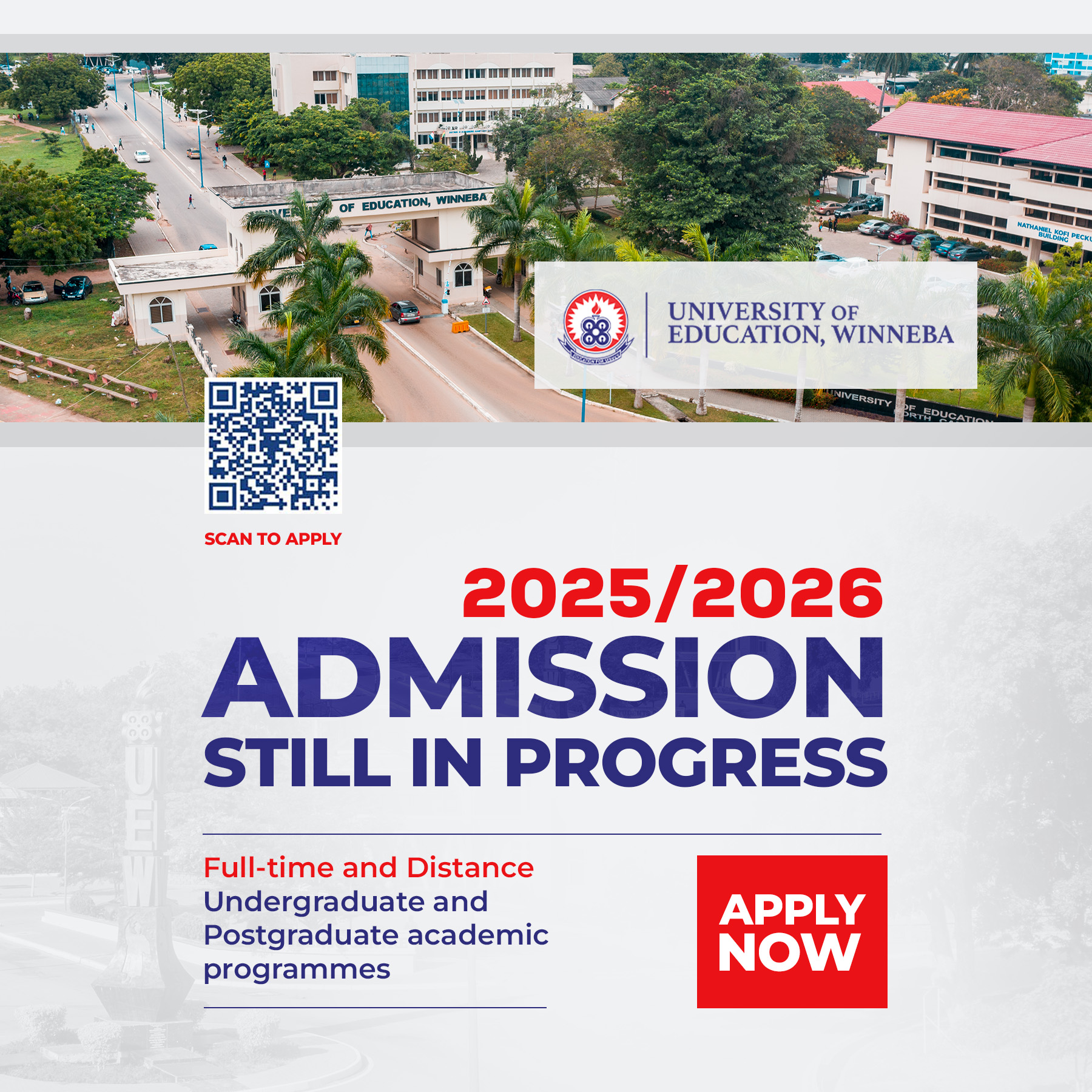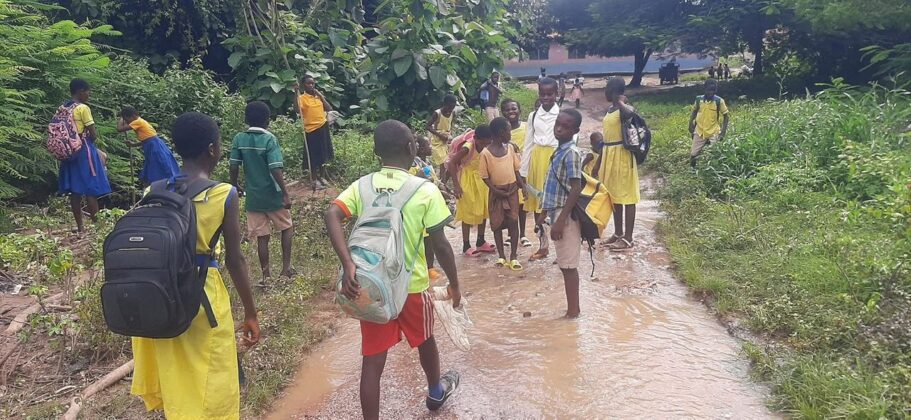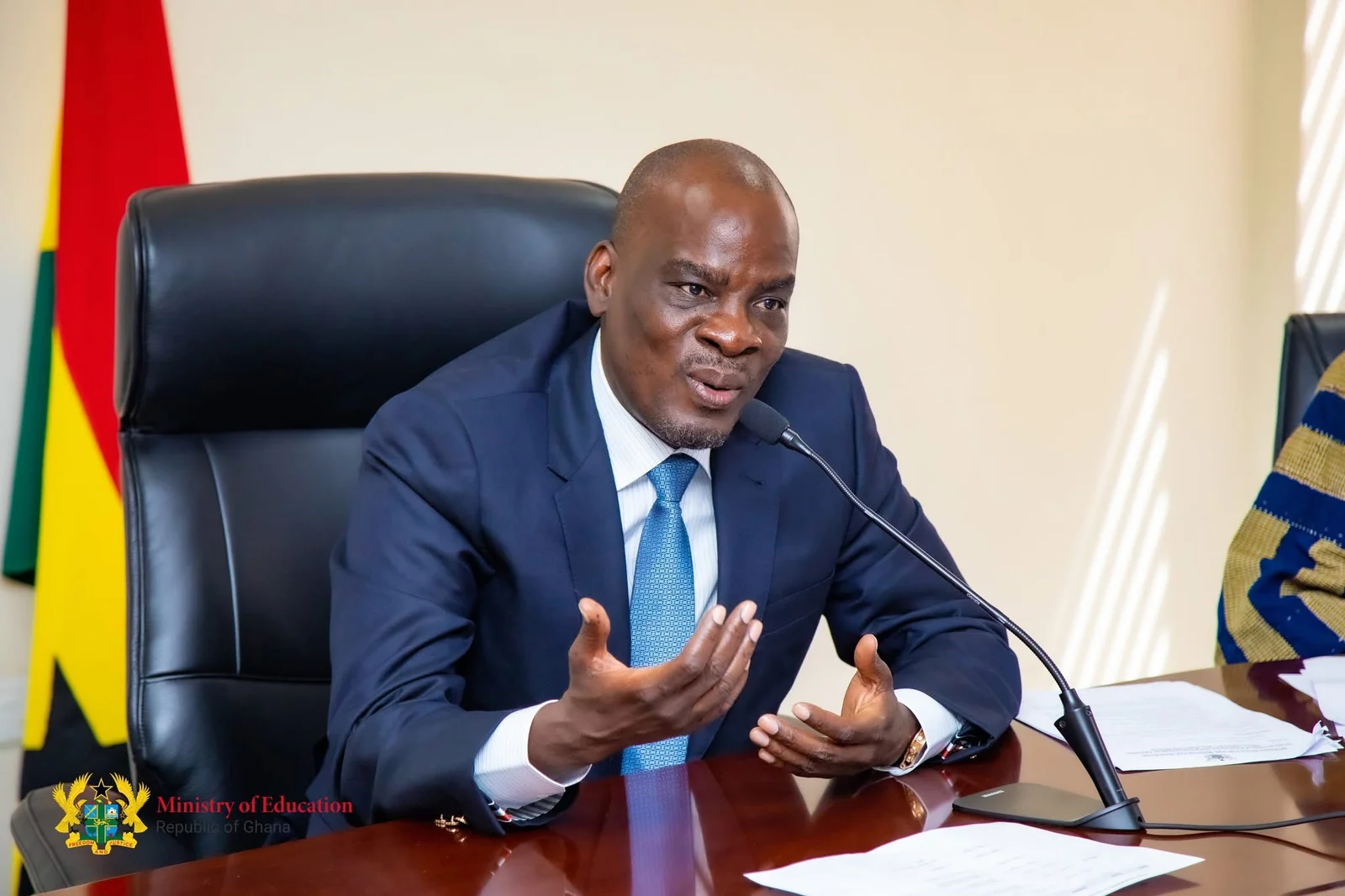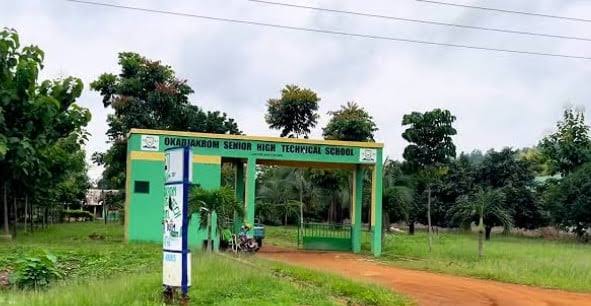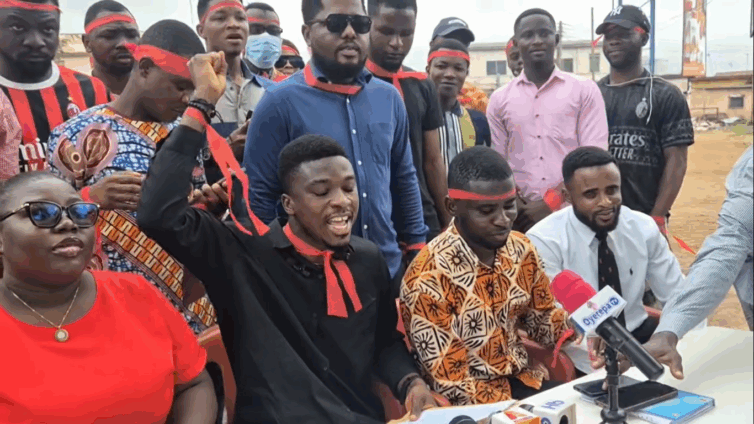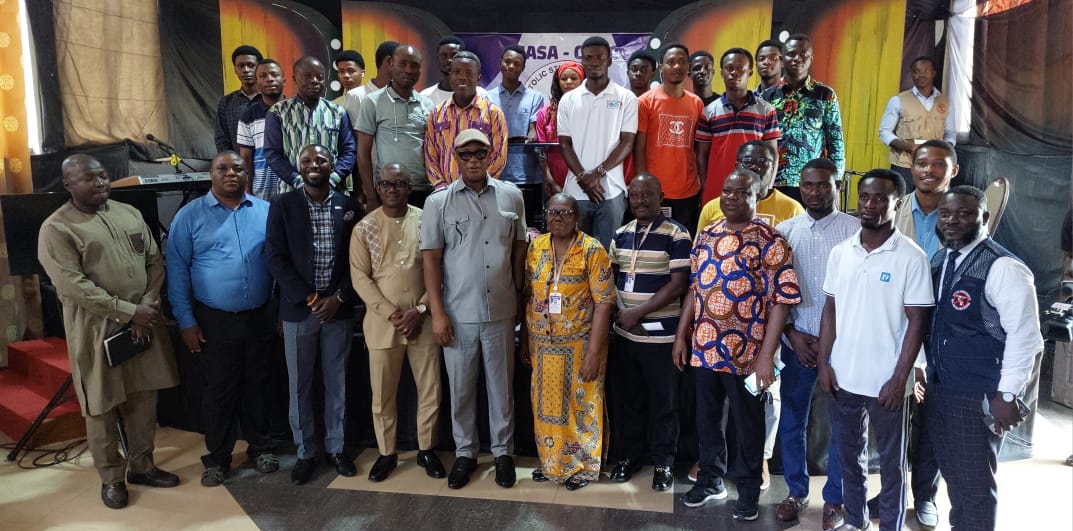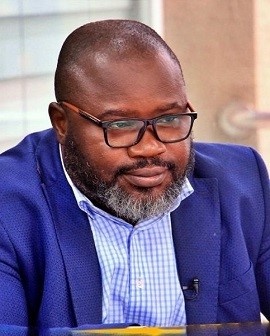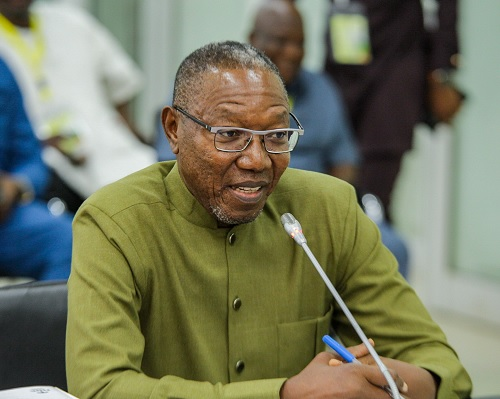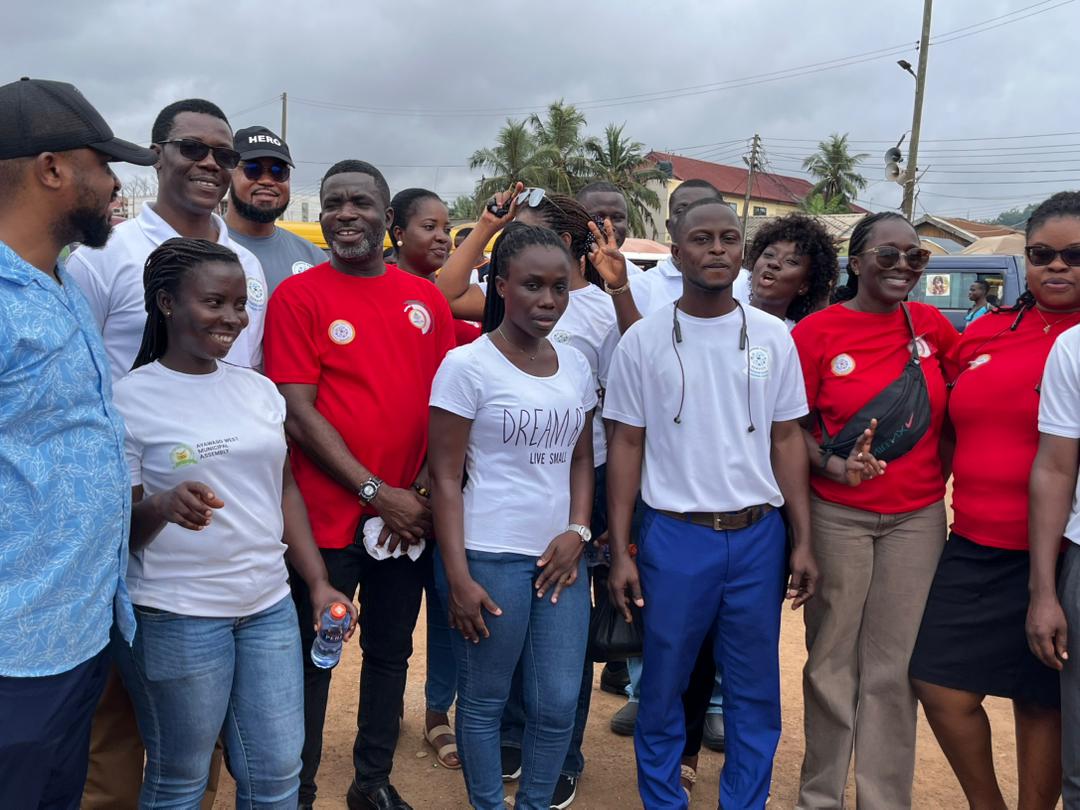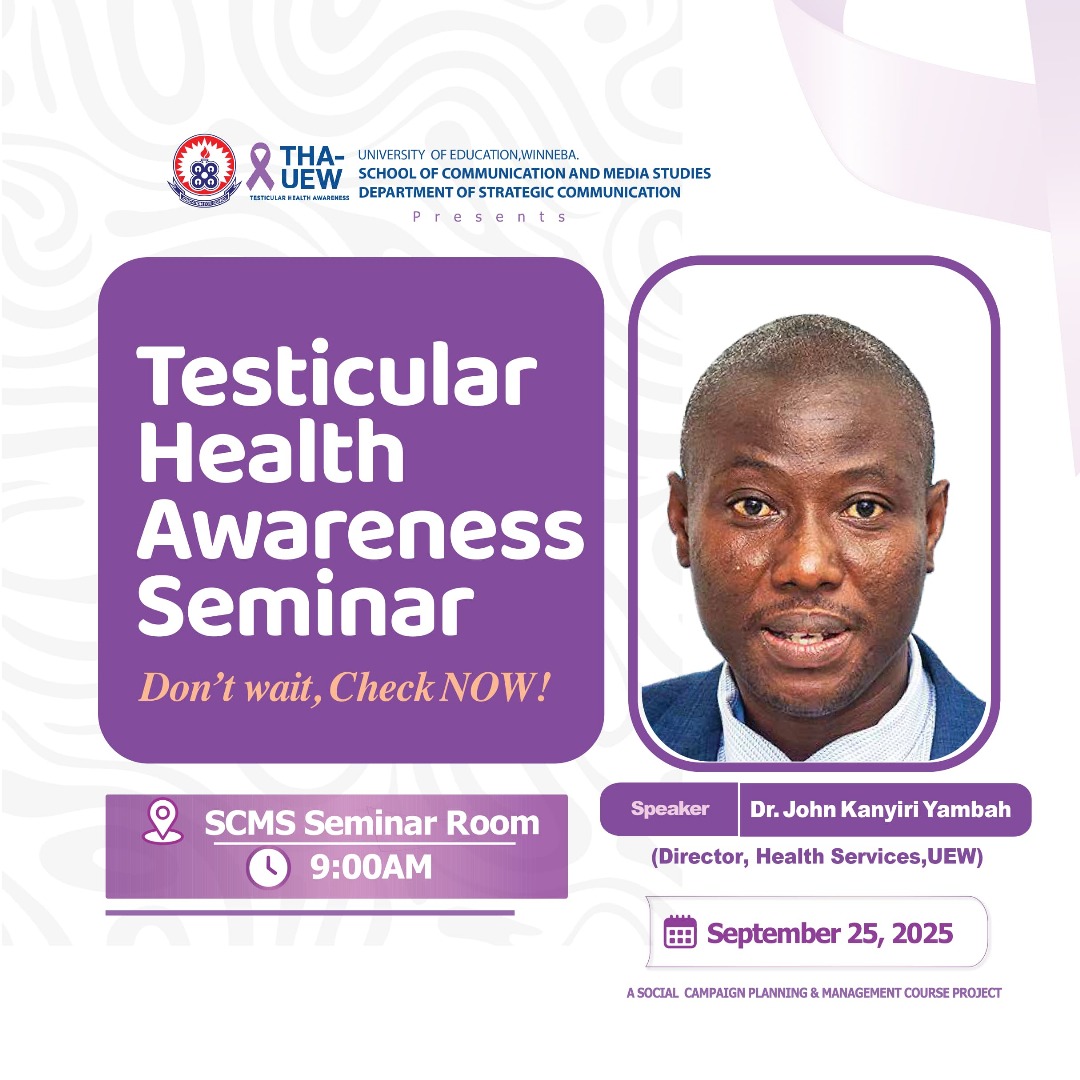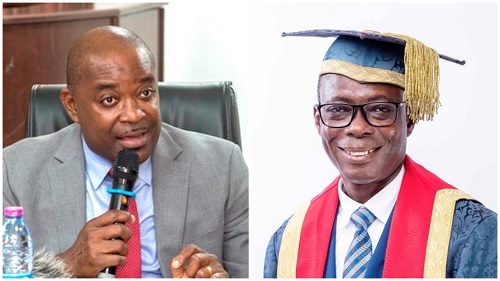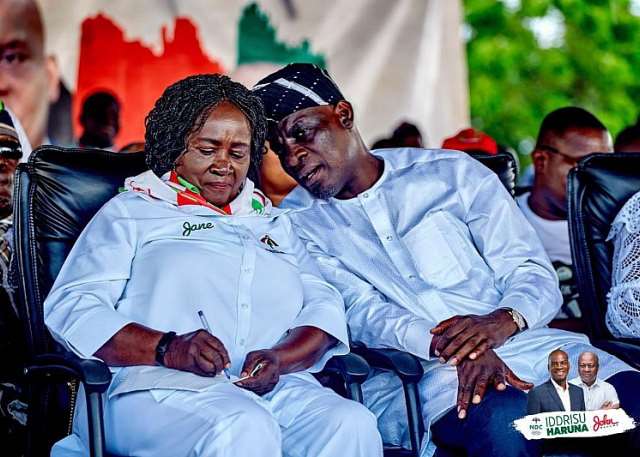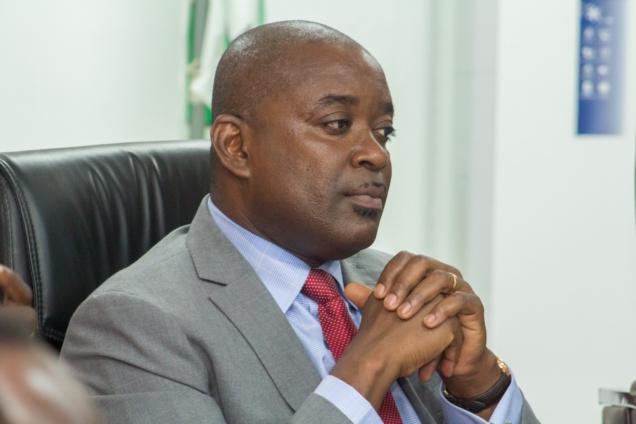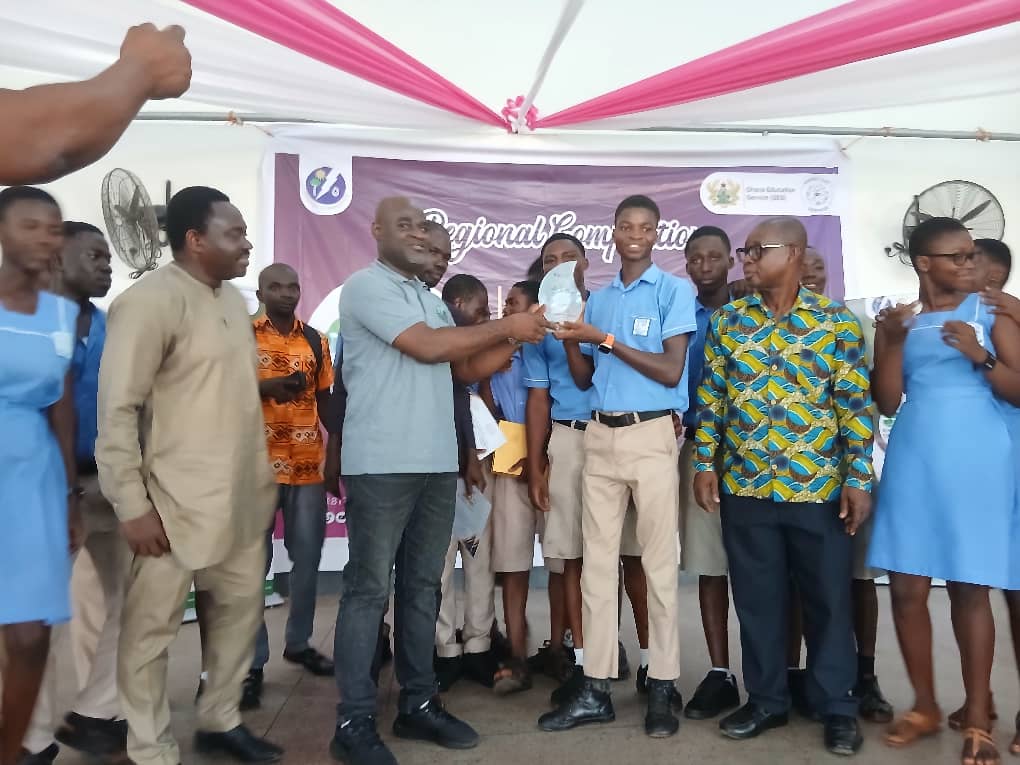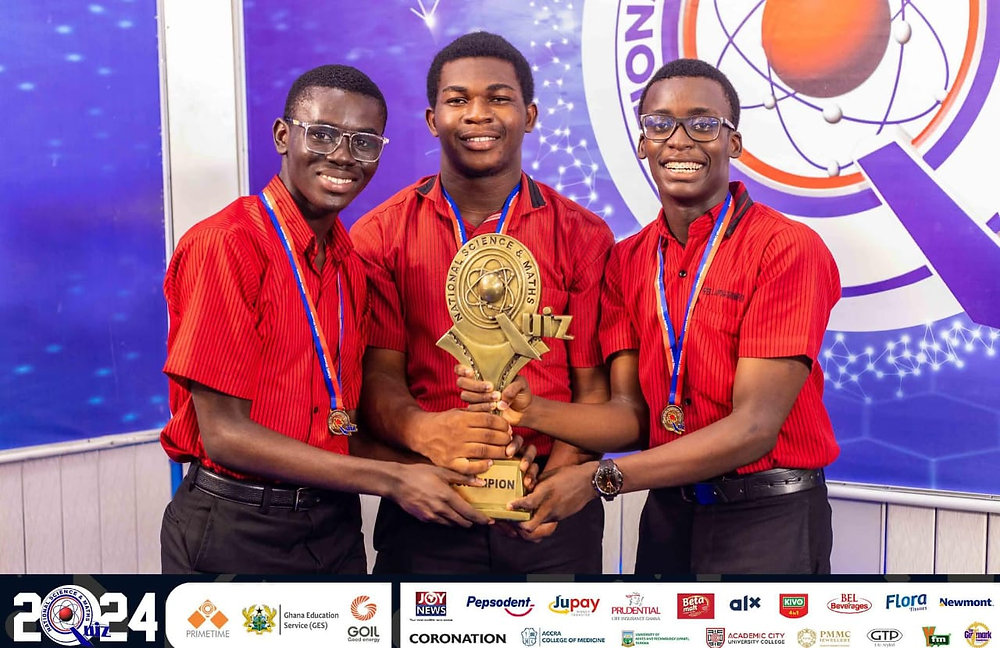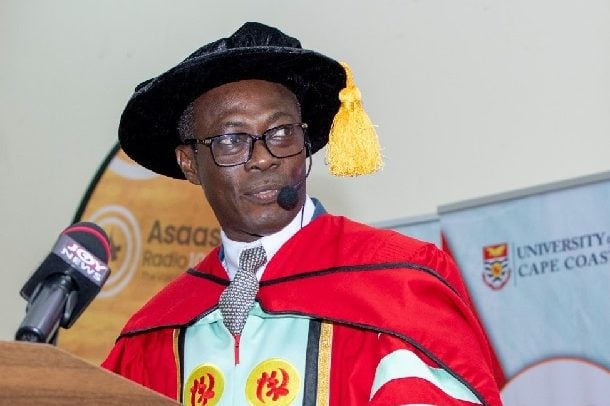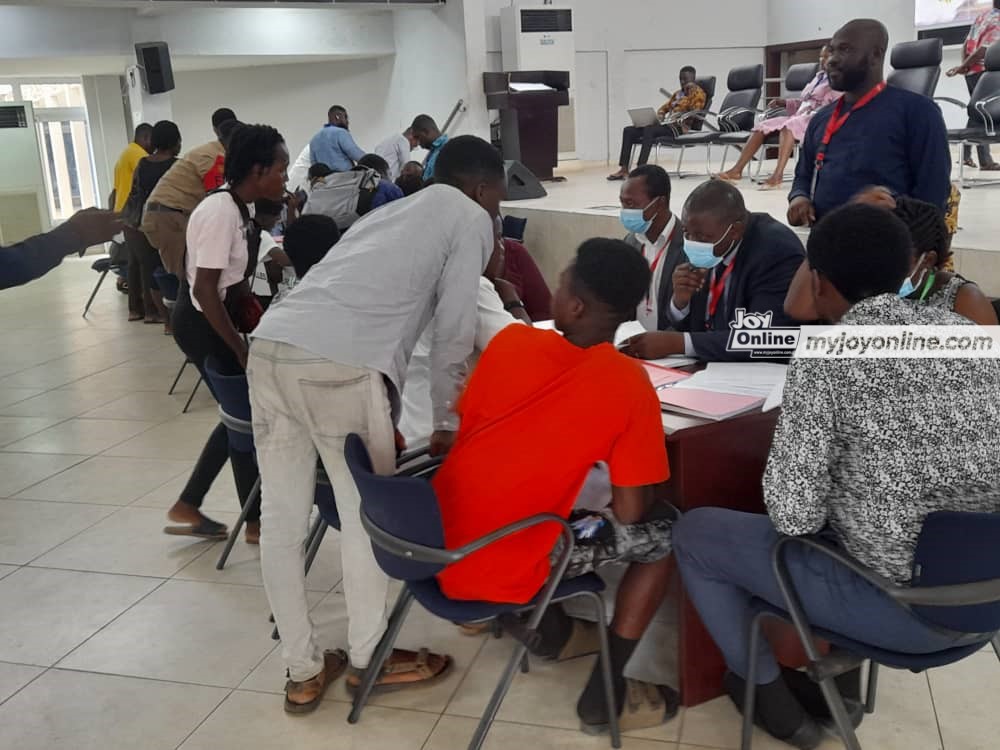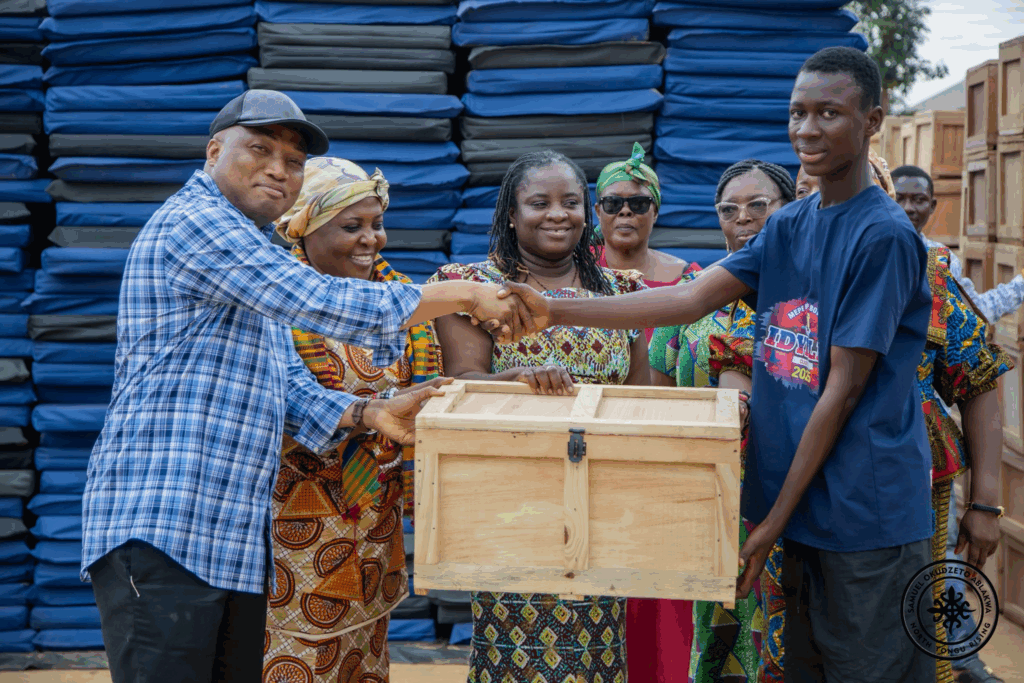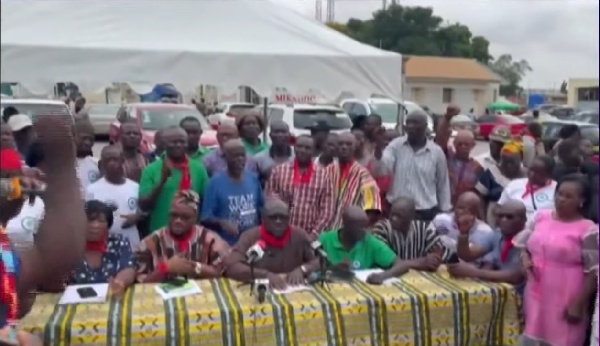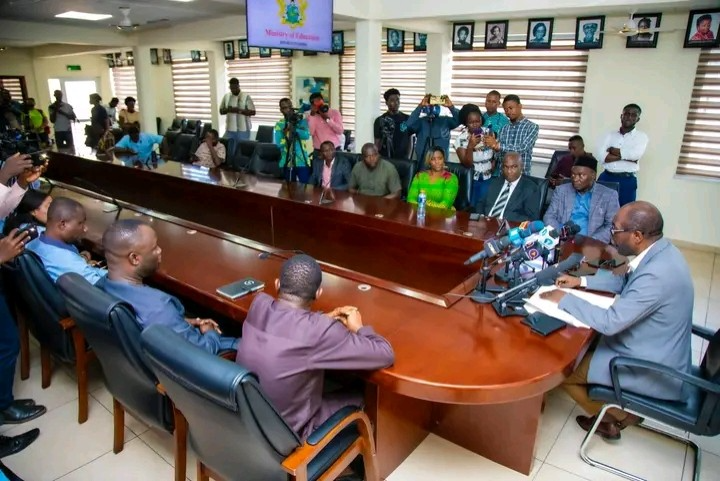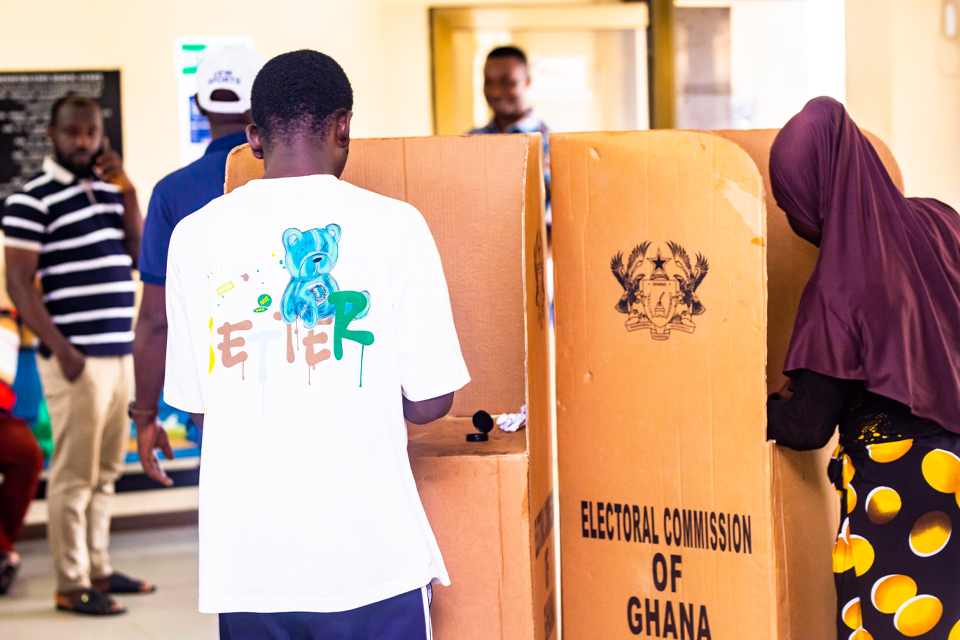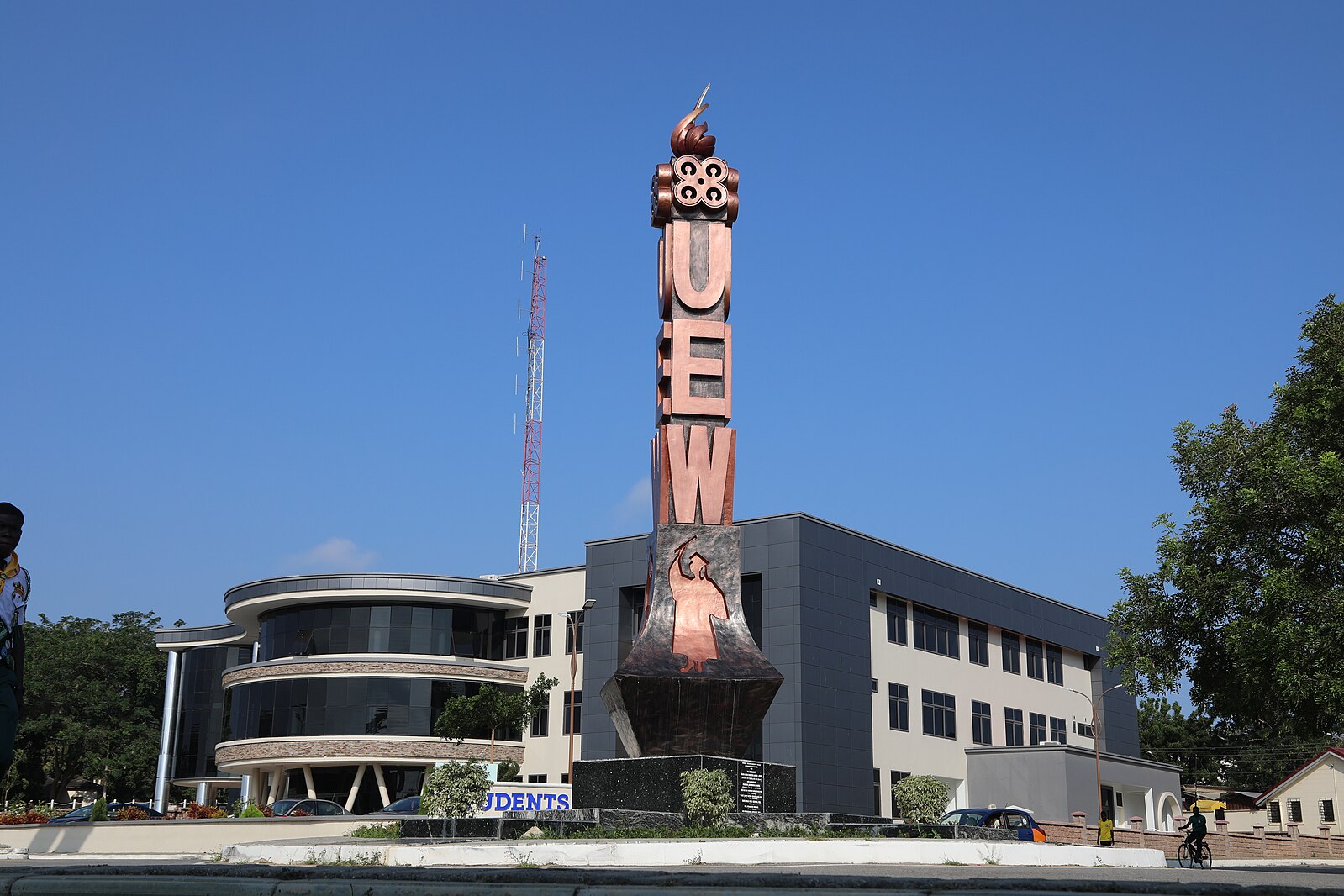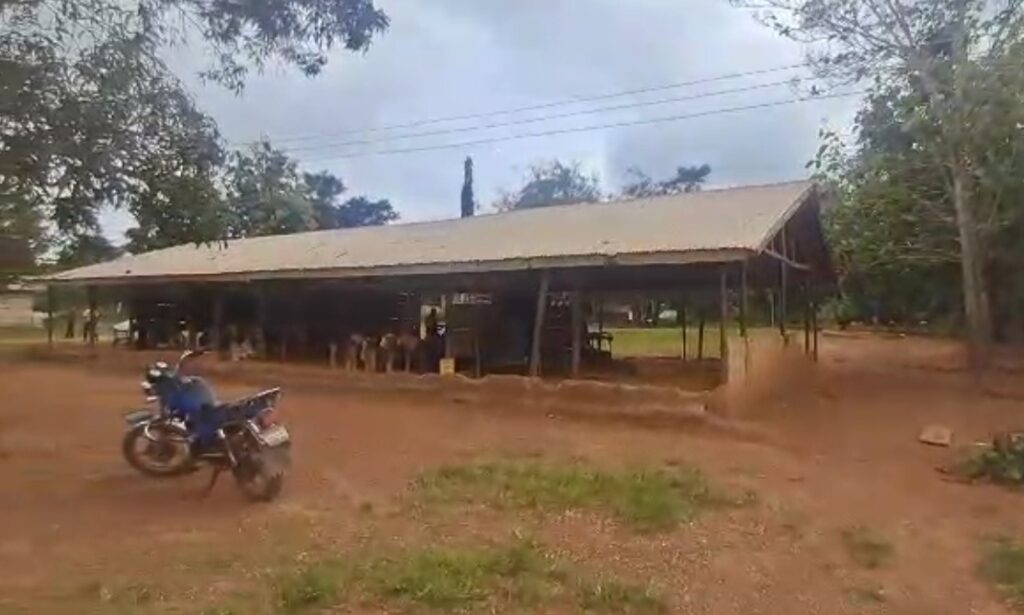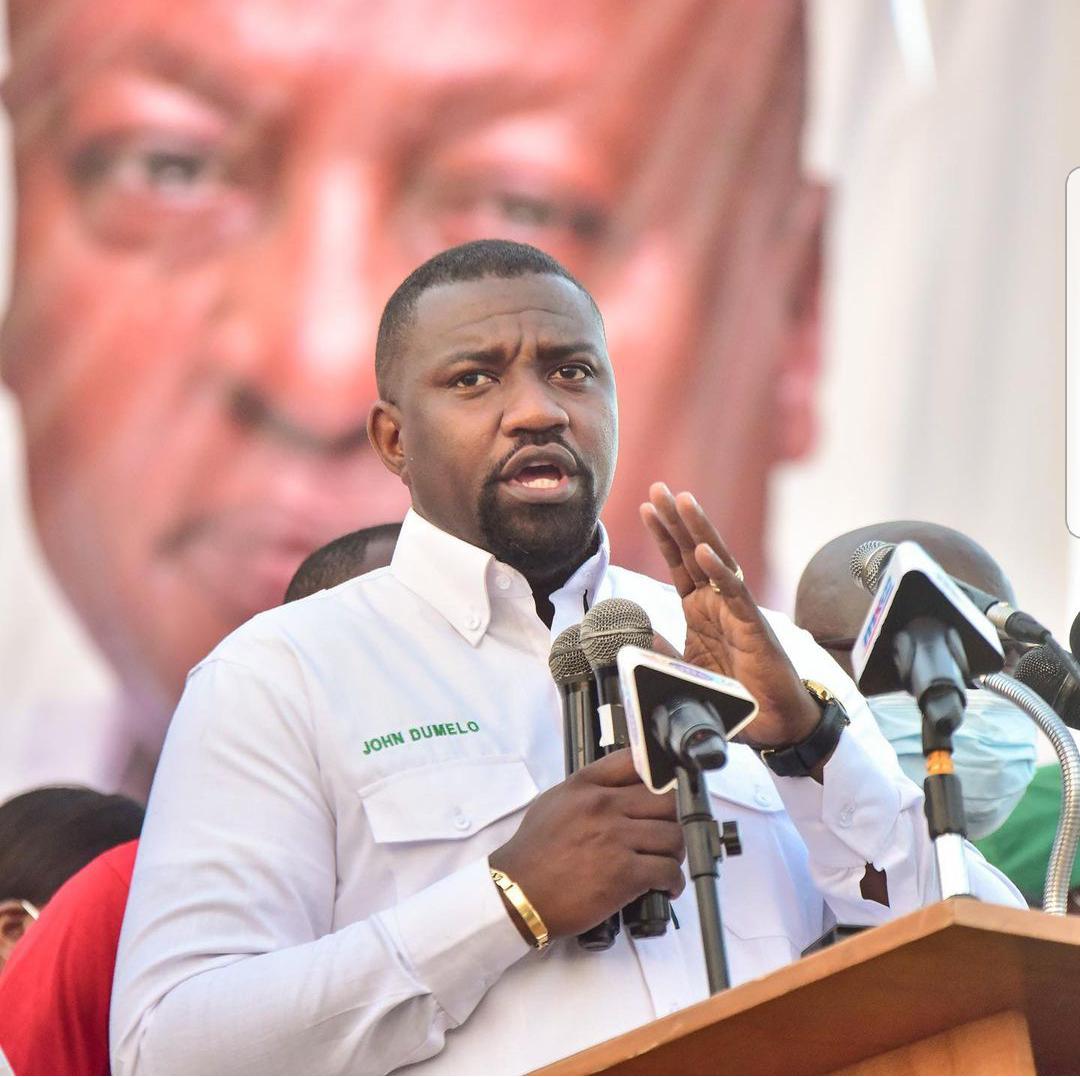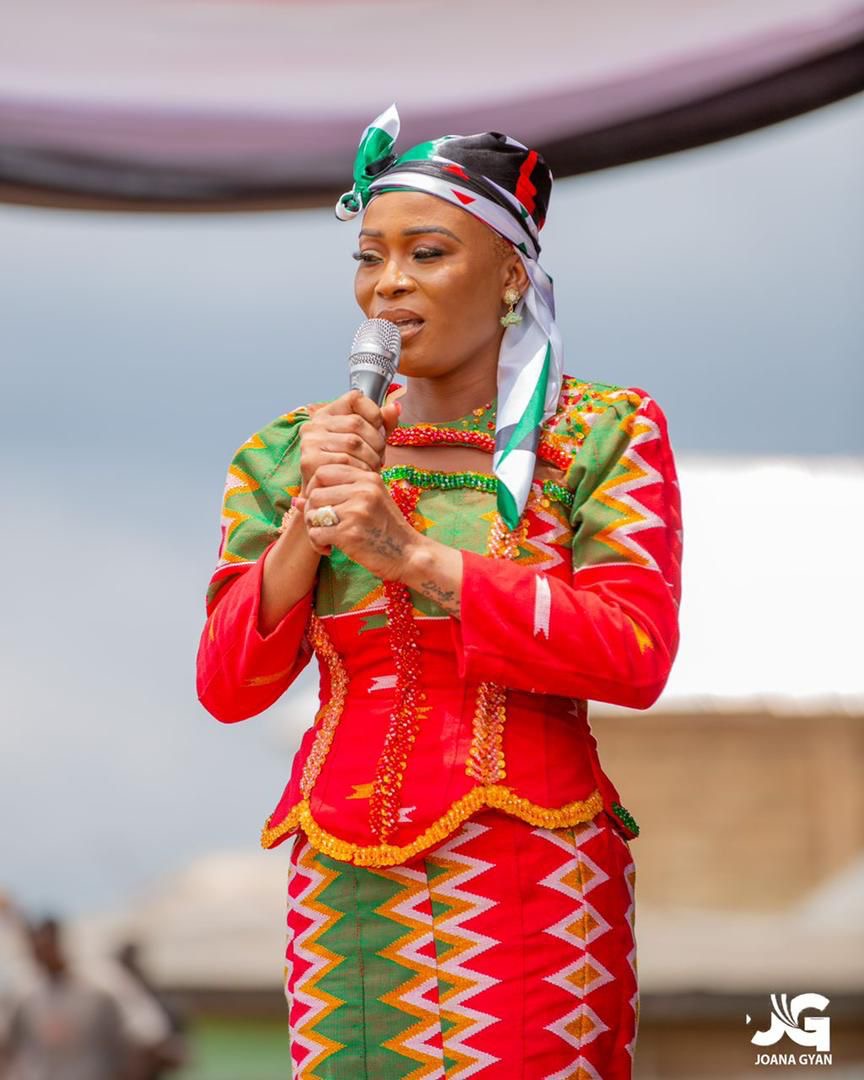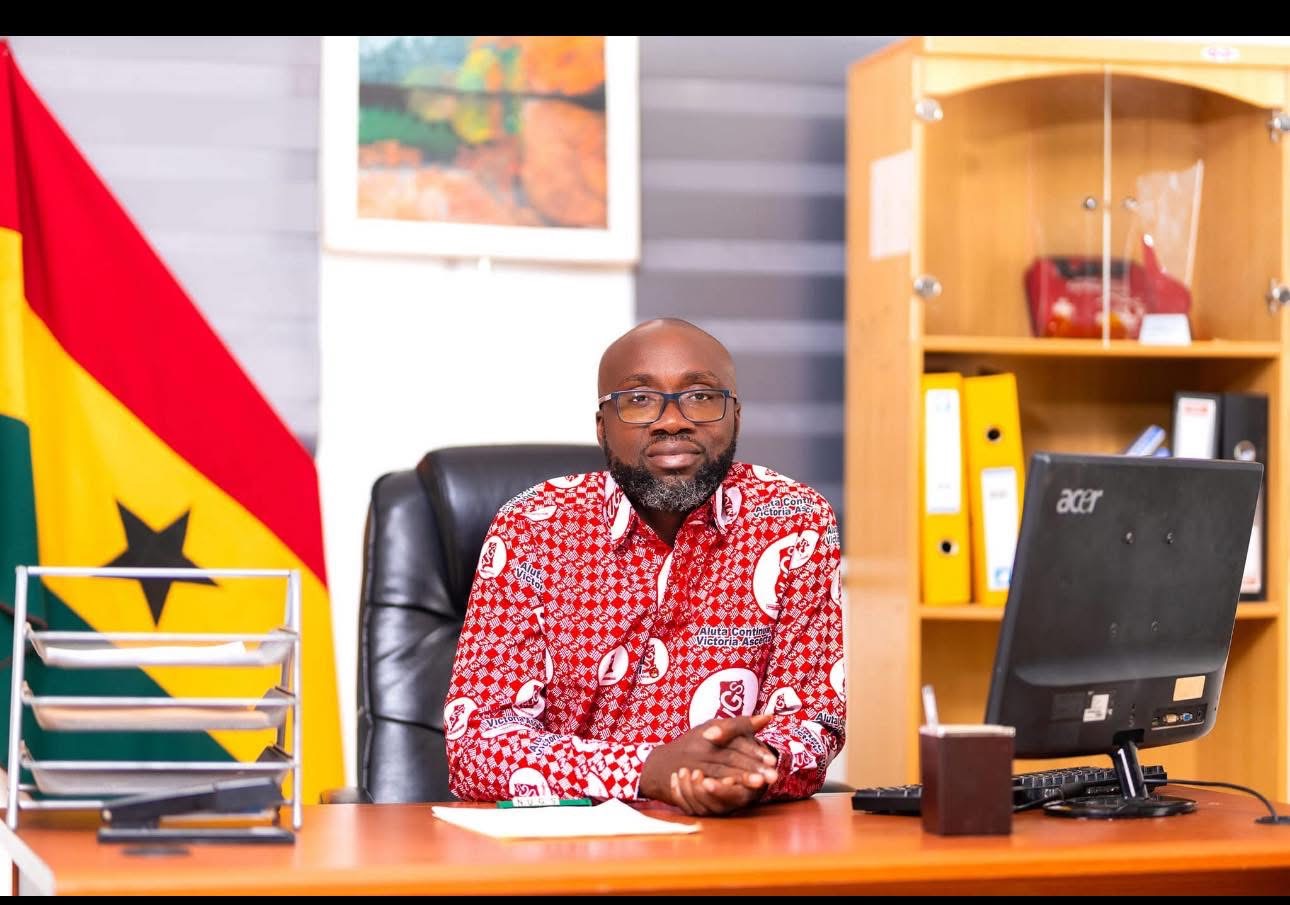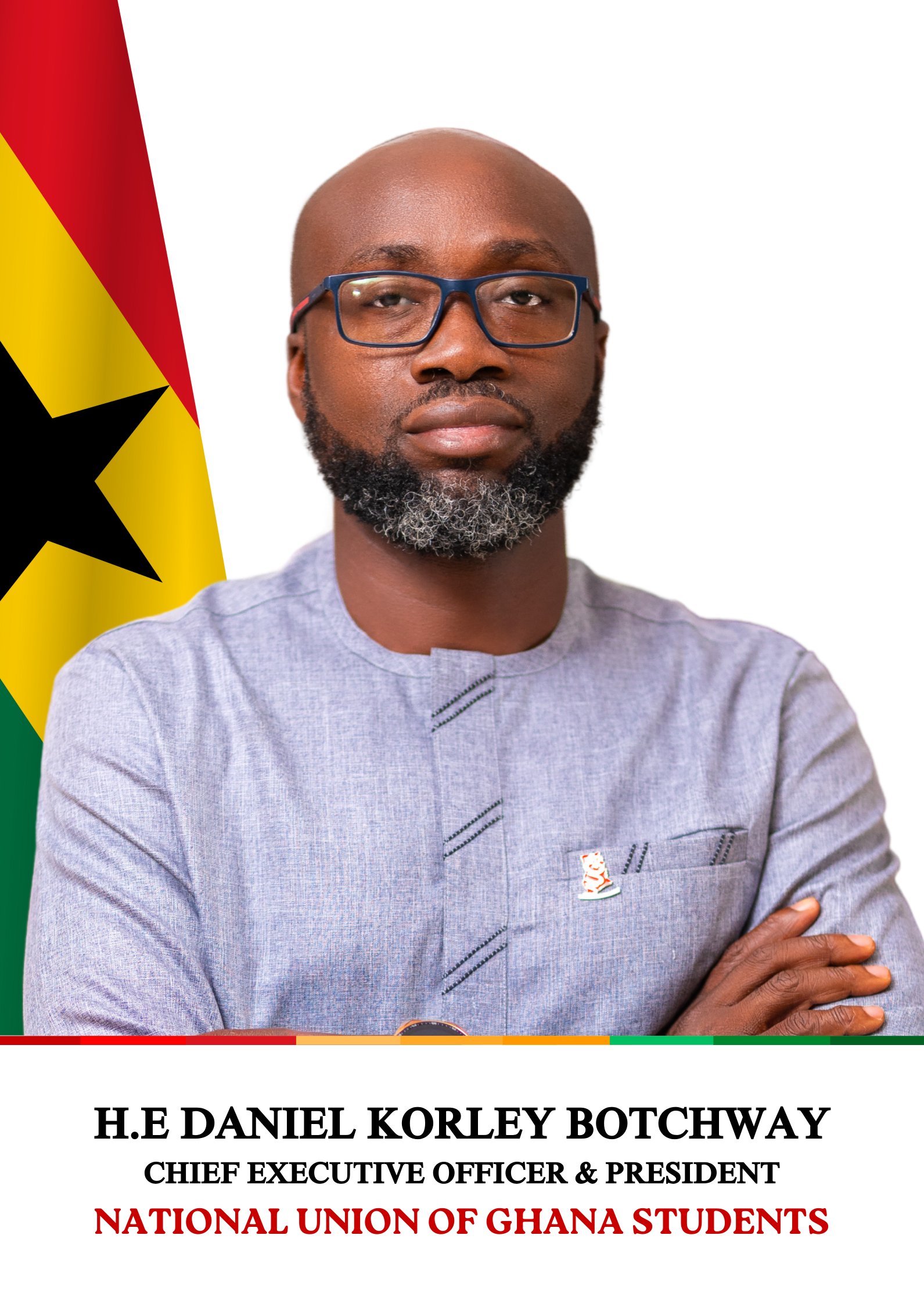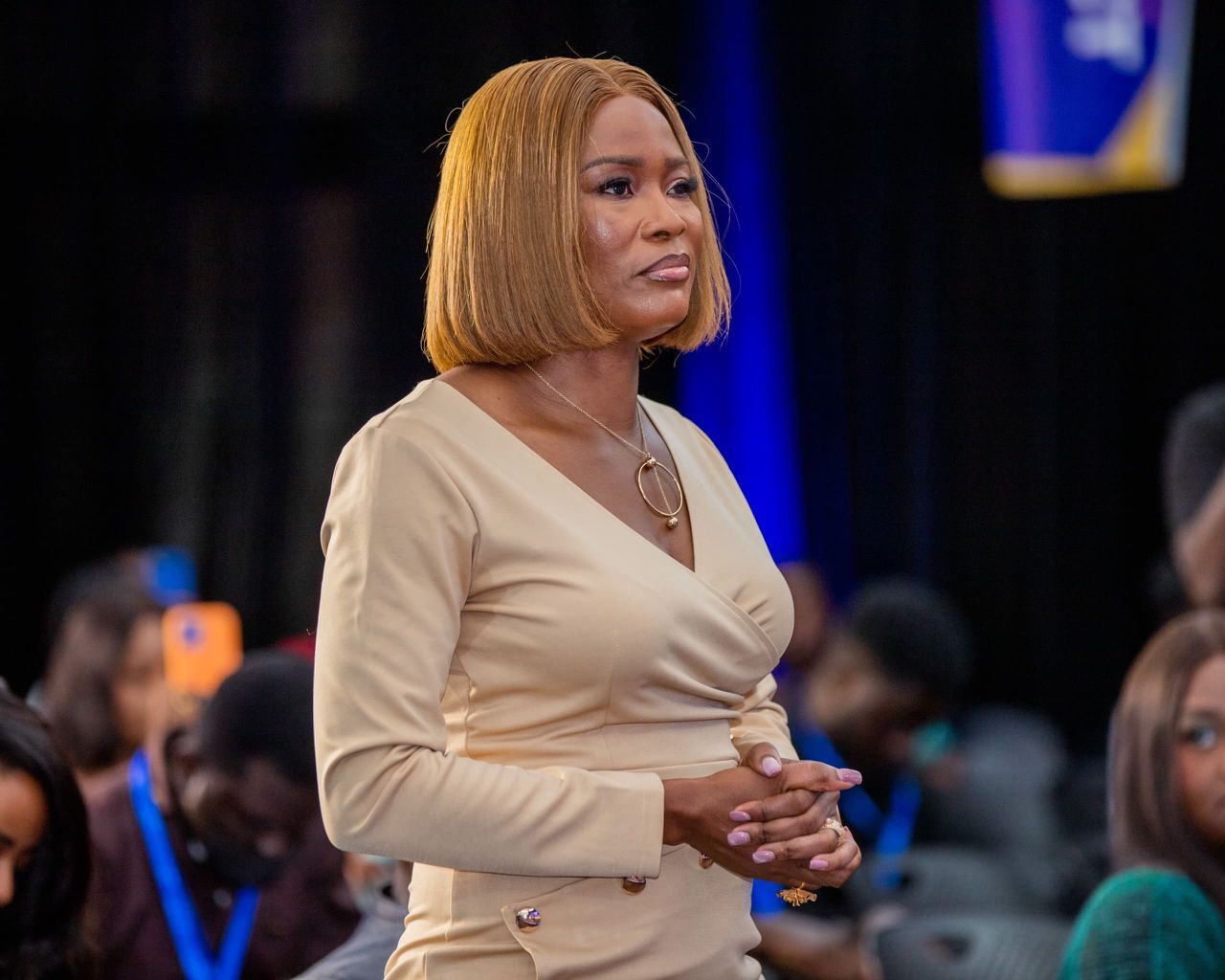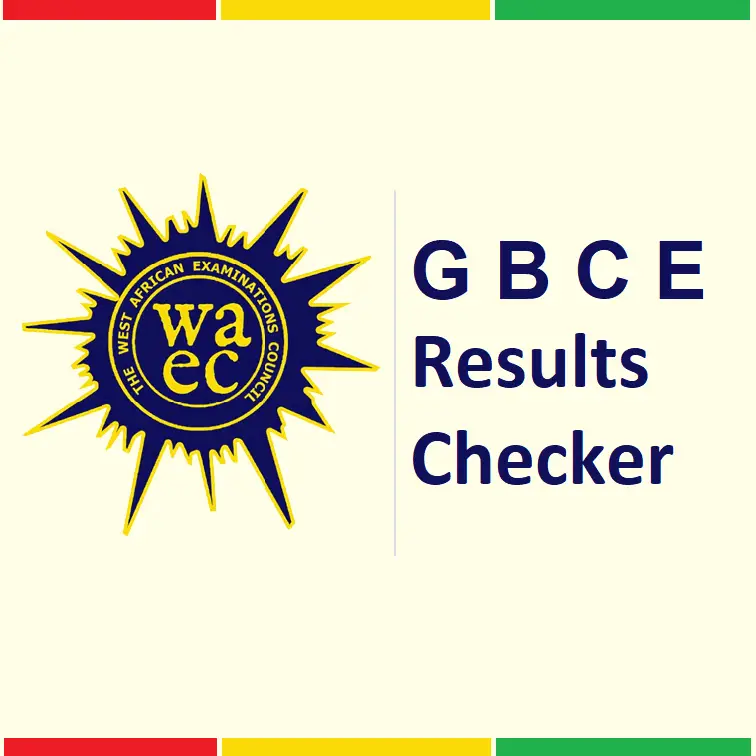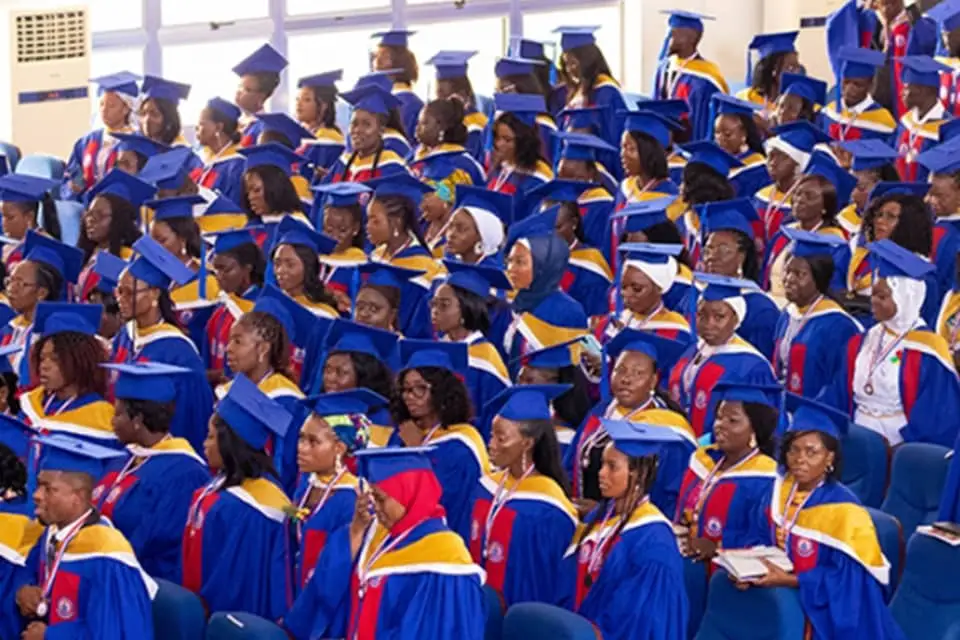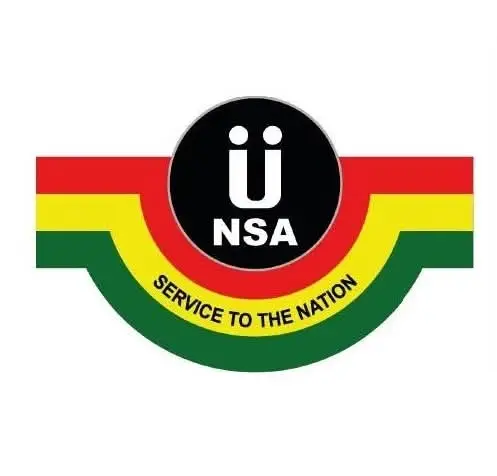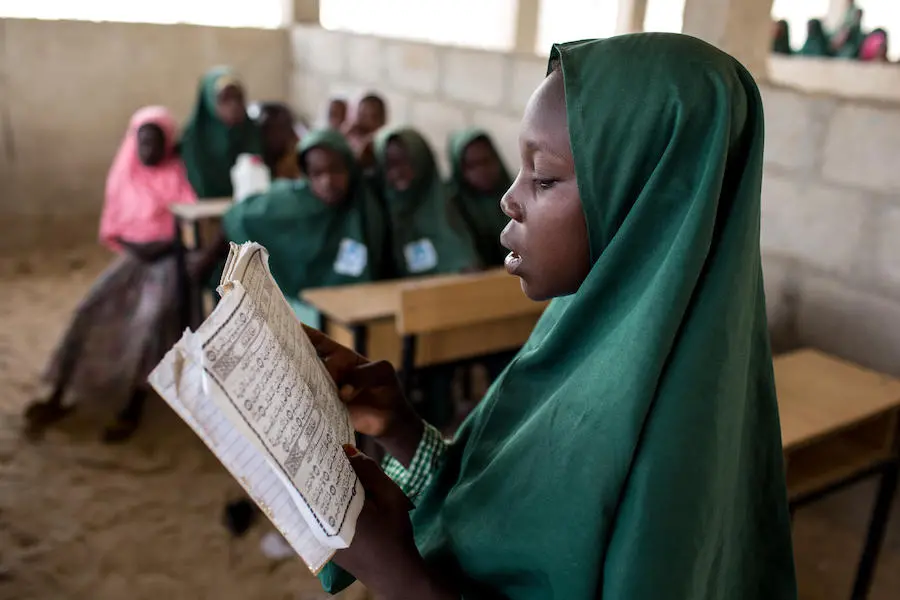
A groundbreaking global report has outlined a set of evidence-based and practical strategies to confront the deepening literacy crisis that continues to trap millions of children, especially in low- and middle-income countries such as Ghana, in cycles of poor learning outcomes and limited opportunities.
Launched on Thursday during the ADEA Triennale in Ghana, the report, titled “Effective Reading Instruction in Low- and Middle-Income Countries: What the Evidence Shows,” represents one of the most comprehensive studies ever undertaken on early literacy in developing contexts.
Produced by the Global Education Evidence Advisory Panel (GEEAP), a collaboration between the UK’s Foreign, Commonwealth & Development Office (FCDO), UNICEF, and the World Bank, the publication synthesises findings from over 120 studies, including 50 conducted across Africa, and analyses literacy instruction across more than 170 languages.
A Global Learning Emergency
According to the World Bank’s 2022 State of Global Learning Poverty Report, an alarming 70 percent of children in low- and middle-income countries are unable to read and understand a simple, age-appropriate passage. The situation is even more severe in Sub-Saharan Africa, where nearly nine in ten children (89%) face learning poverty.
A review of literacy data from over 500,000 pupils across 48 countries showed that after three years of schooling, more than 90 percent could not identify basic letter sounds or read simple words, underscoring the scale of the crisis.
The new GEEAP report attributes this failure not to lack of schooling, but to ineffective teaching practices. It argues that a renewed focus on how teachers teach reading, especially in the first years of basic education, could transform outcomes and drastically reduce repetition and dropout rates.
“Too many children are in school but not yet learning to read,” said Pia Rebello Britto, UNICEF’s Global Director for Education and Adolescent Development. “Literacy sits at the heart of a child’s learning journey, and investing in early reading skills is one of the smartest, most cost-effective ways to secure their future.”
Teaching Literacy Must Be Intentional
One of the report’s lead authors, Nompumelelo Mohohlwane, Deputy Director at South Africa’s Department of Basic Education, stressed that reading is a taught skill, not a natural ability.
“Children don’t simply absorb literacy; they must be guided through structured, explicit instruction. That holds true for every language, including African languages,” she explained.
Her remarks echo decades of evidence showing that the most successful reading programmes combine phonics-based instruction with rich opportunities for language comprehension and fluency practice.
Luis Benveniste, the World Bank’s Global Director for Education and Skills, added that literacy forms “the foundation for lifelong skills and meaningful employment,” enabling learners to adapt in rapidly changing economies.
Six Core Skills Every Child Must Master
The GEEAP study identifies two essential dimensions of reading, decoding (recognising and sounding out written symbols) and language comprehension (understanding words and sentences), and proposes six instructional pillars every effective literacy curriculum should include:
- Oral language development
- Phonological awareness
- Systematic phonics instruction
- Reading fluency
- Reading comprehension strategies
- Writing practice
By ensuring that teachers are trained and supported to teach these systematically, the report argues, nations can lay a foundation for sustainable learning progress.
A Call for National Commitment
The report urges policymakers to adopt a national, evidence-based approach to literacy that reflects linguistic diversity and cultural context. It calls for structured teacher training, access to quality teaching materials, and instruction in languages children understand best.
“This report gives governments a roadmap, practical, adaptable, and grounded in evidence,” said Nathanael Bevan, Deputy Director of Research at FCDO. “It shows that even in challenging contexts, literacy success is possible when we invest wisely.”
To support implementation, GEEAP announced that a how-to guide and translations in Spanish, French, Arabic, and Hindi will be made available in November to broaden global accessibility.
A Path Forward
As Ghana hosts this year’s ADEA Triennale, the timing of the report underscores the urgency of improving foundational learning outcomes across the continent. With millions of African children completing school without basic reading skills, the message is clear: literacy cannot wait.
The report concludes that ensuring every child learns to read well by age ten is not only an education goal but a moral and economic imperative, one that determines the future strength and prosperity of nations.
Discover more from Hot Stories Ghana
Subscribe to get the latest posts sent to your email.



